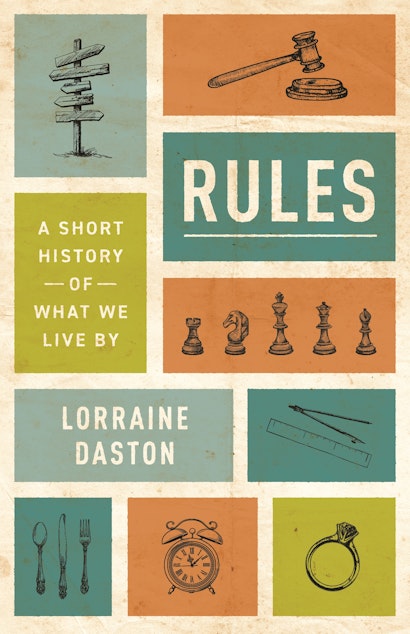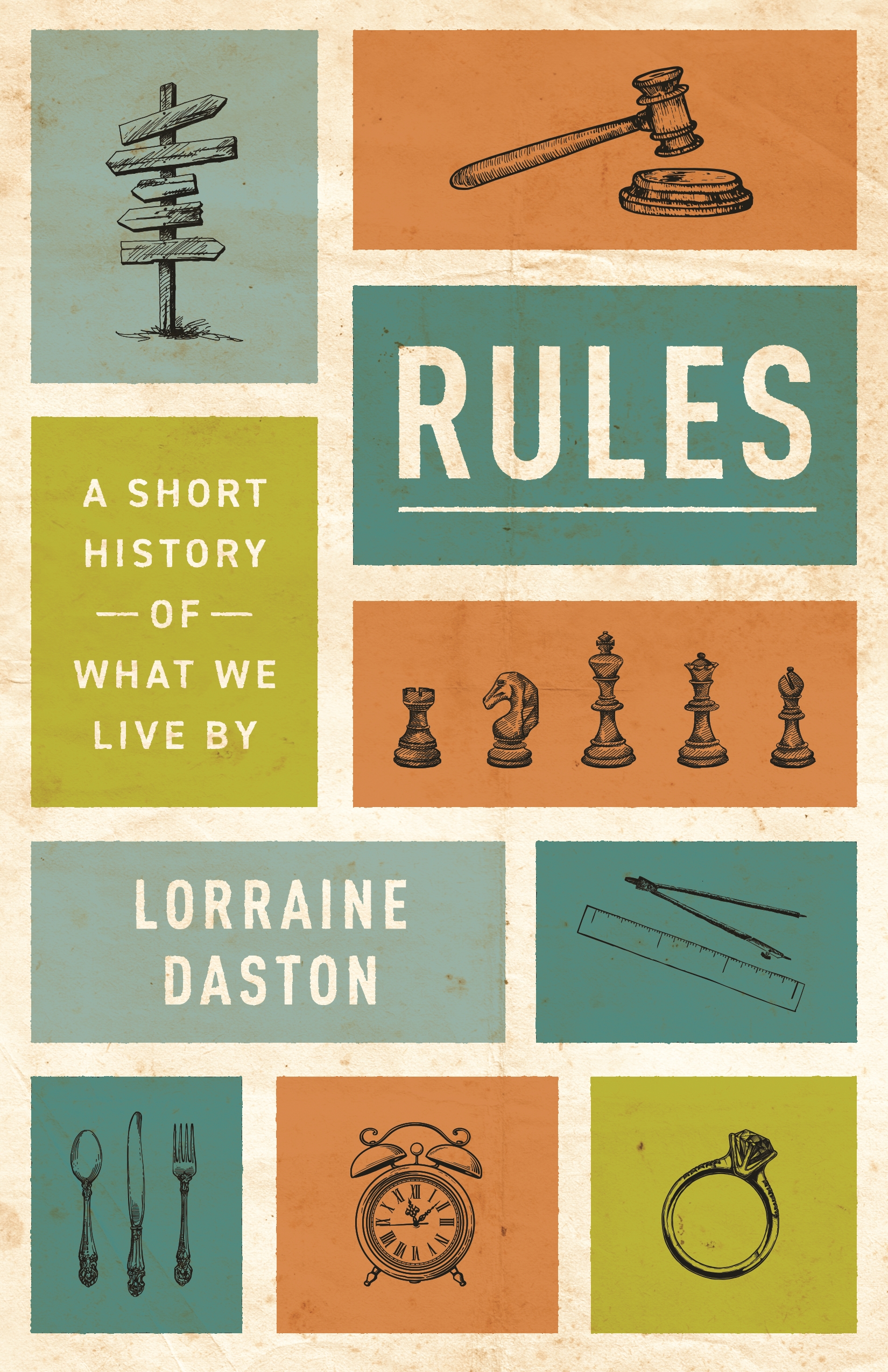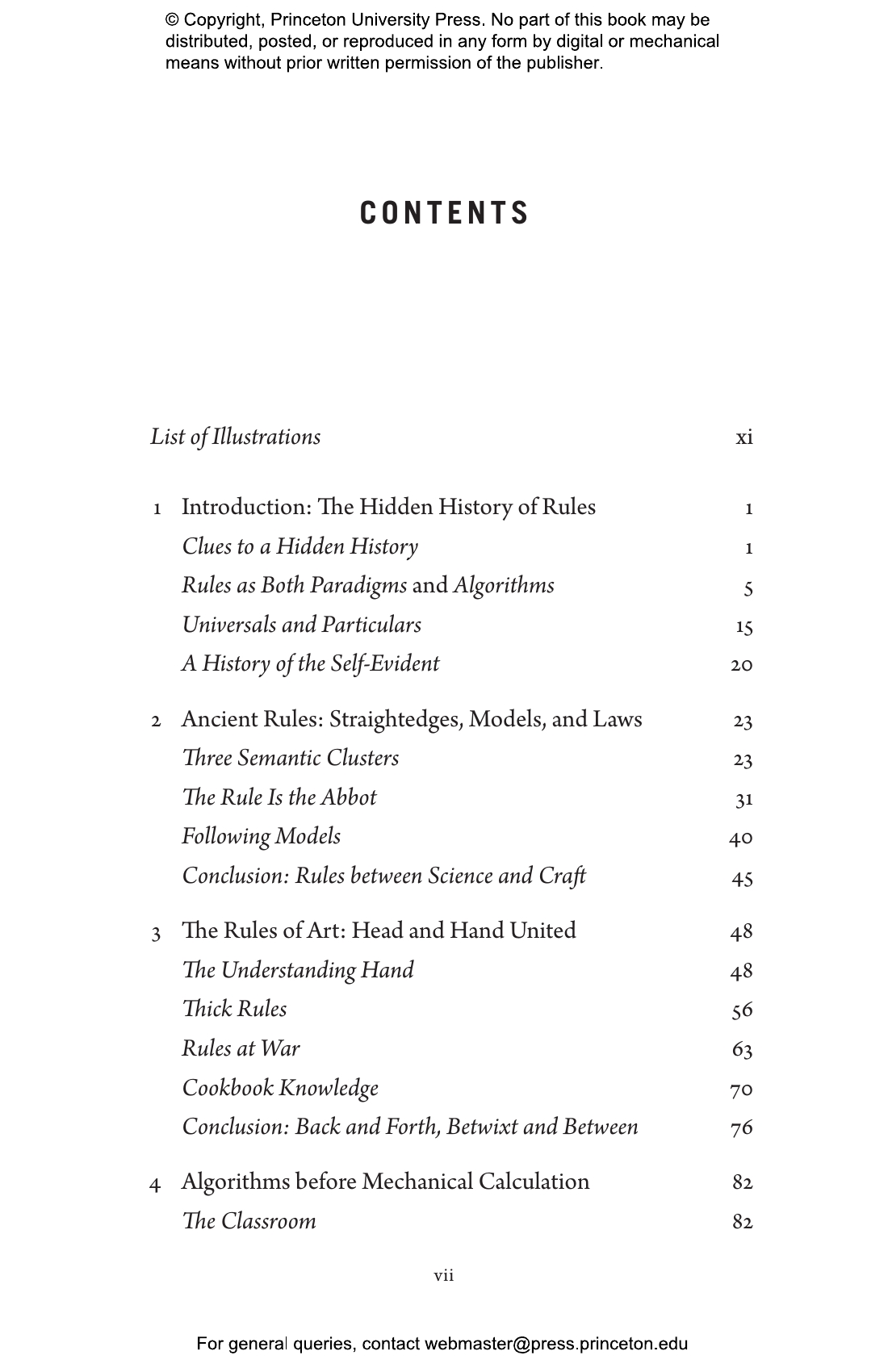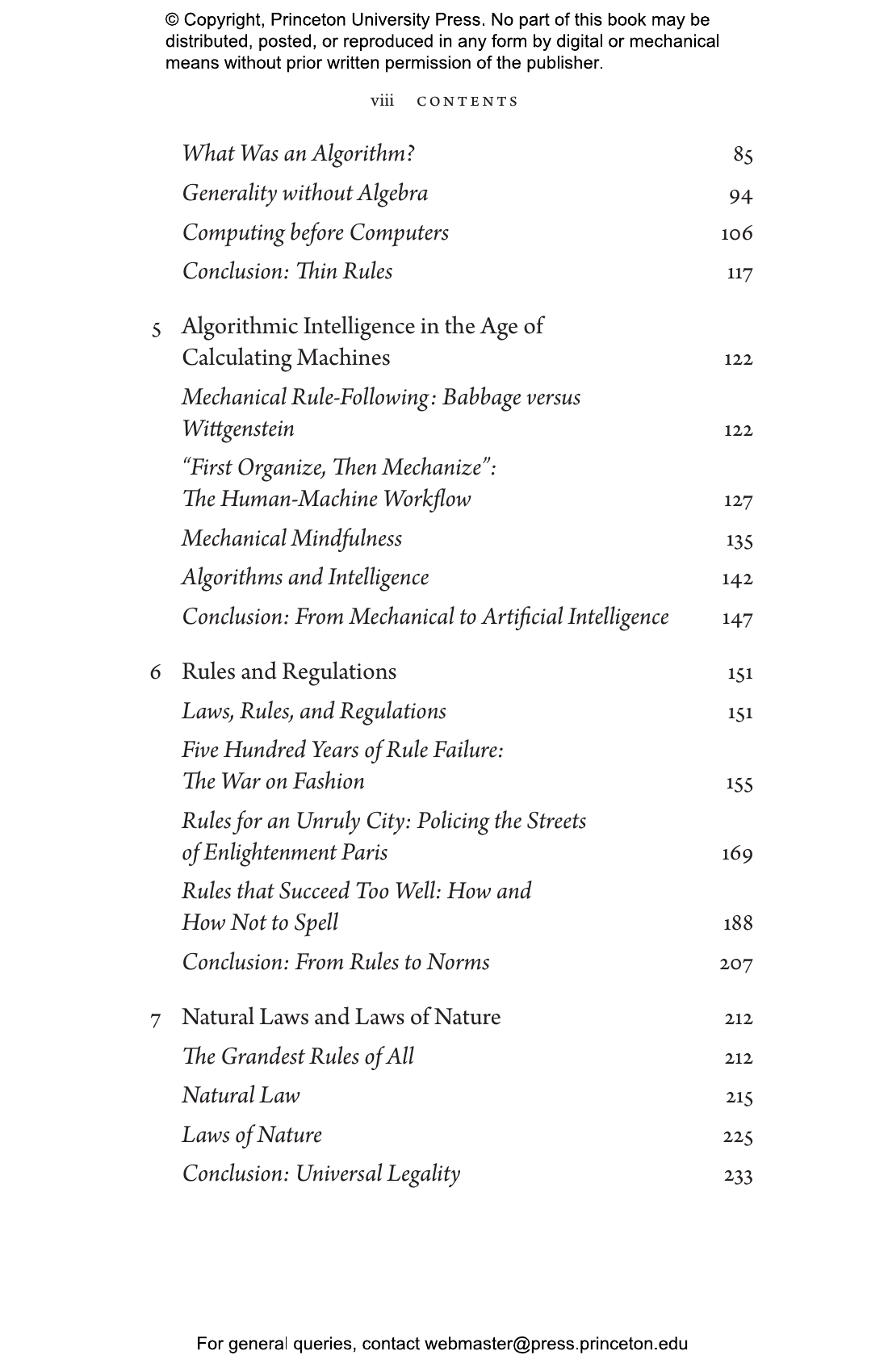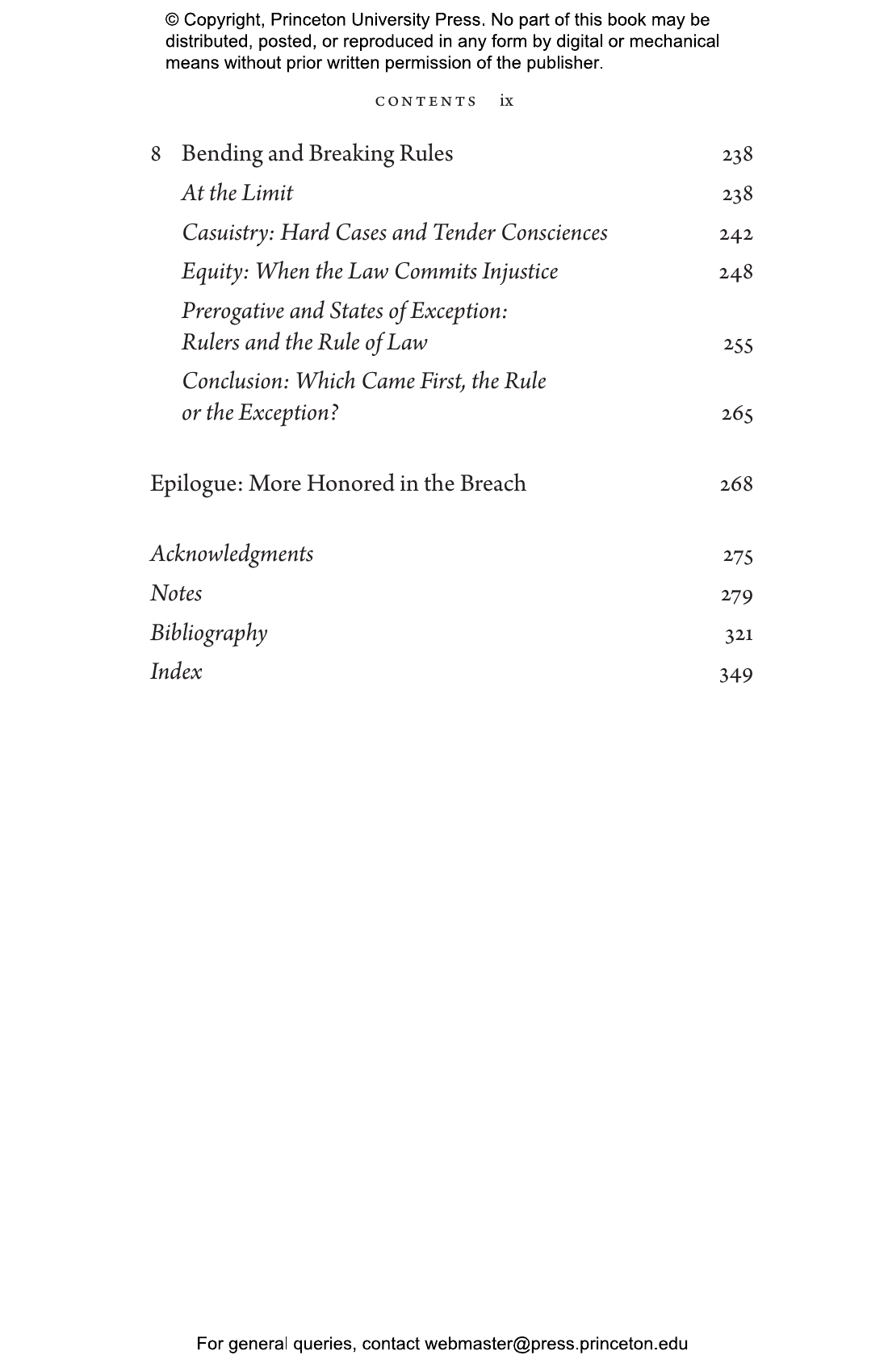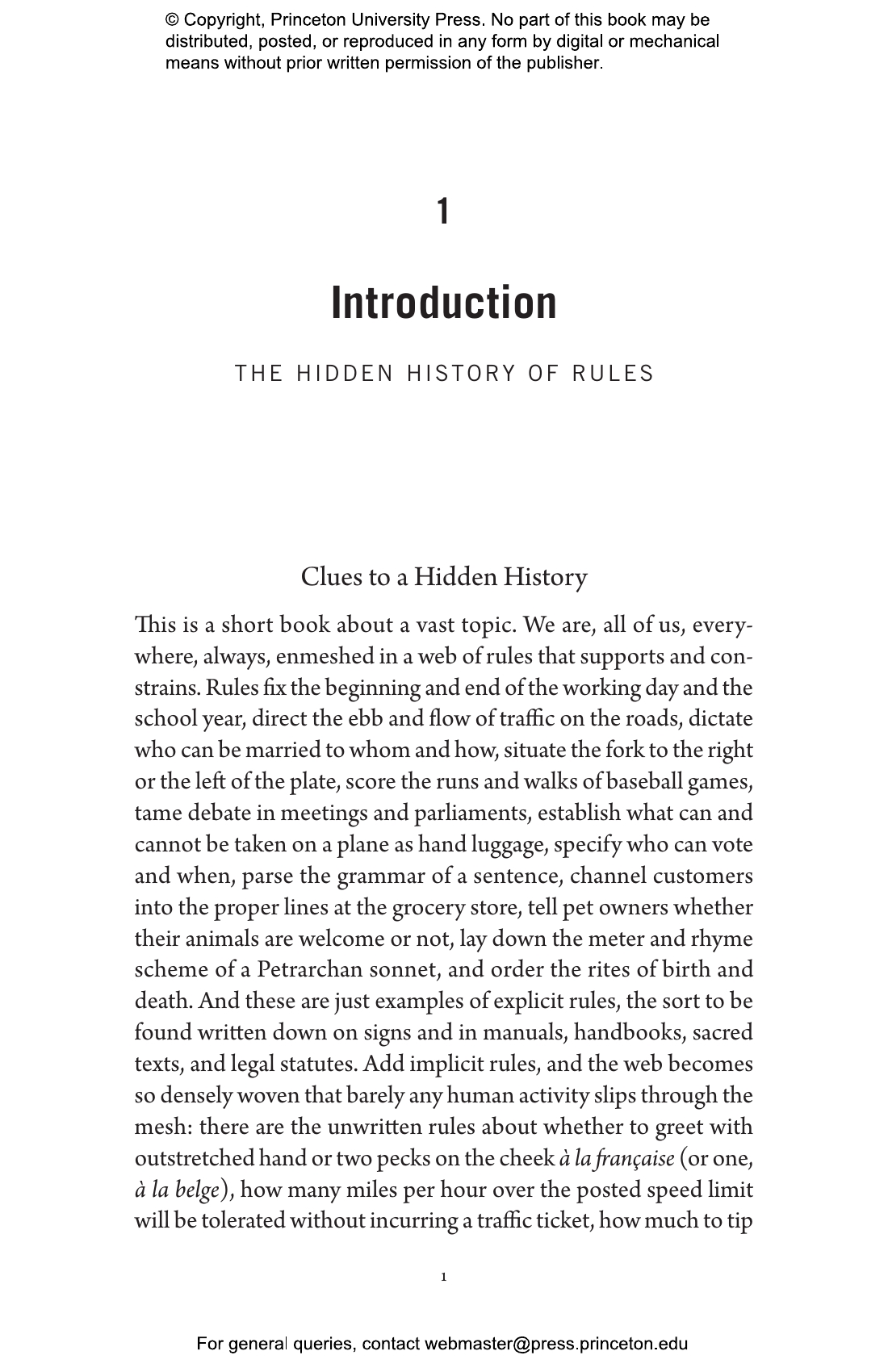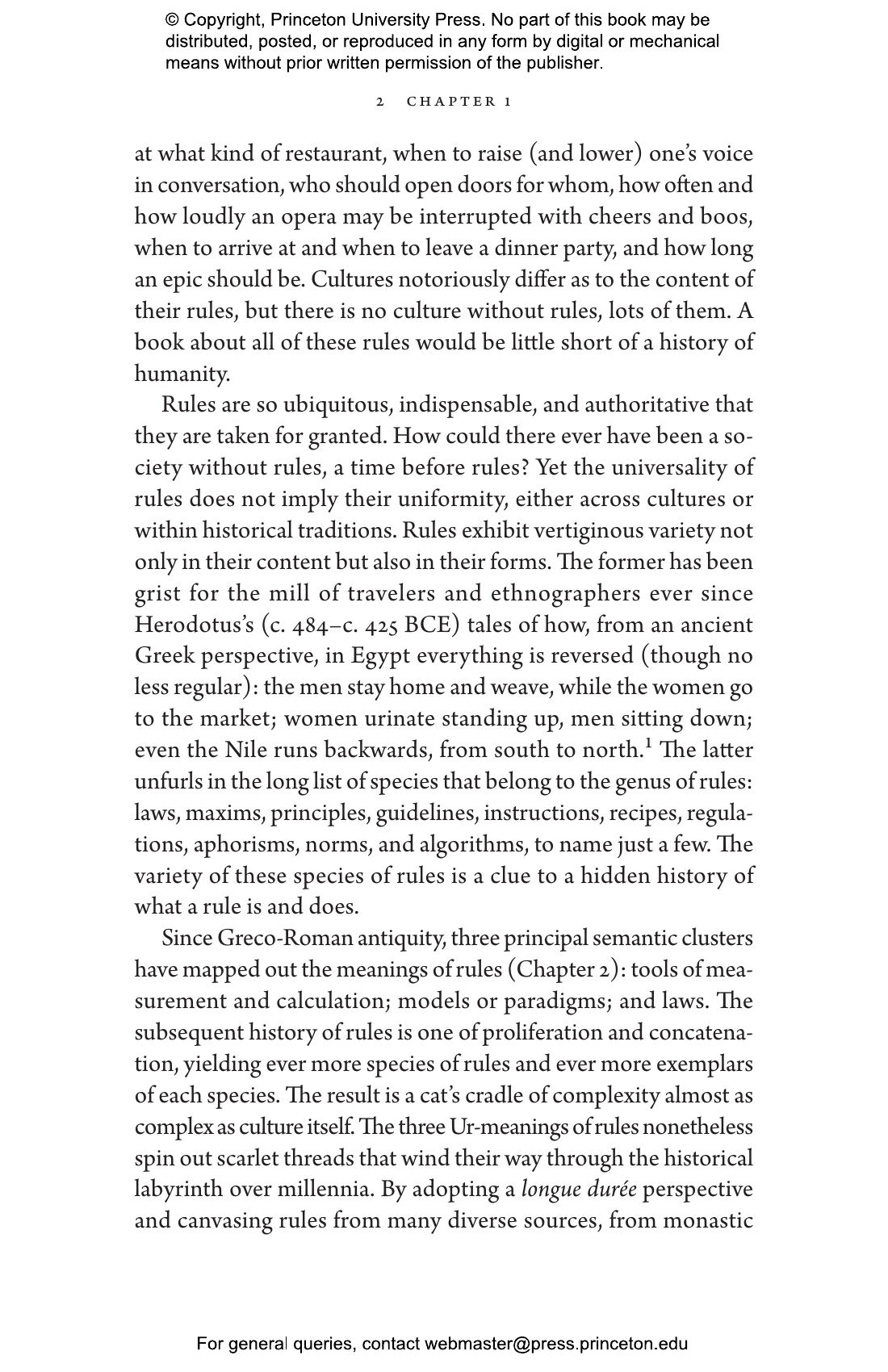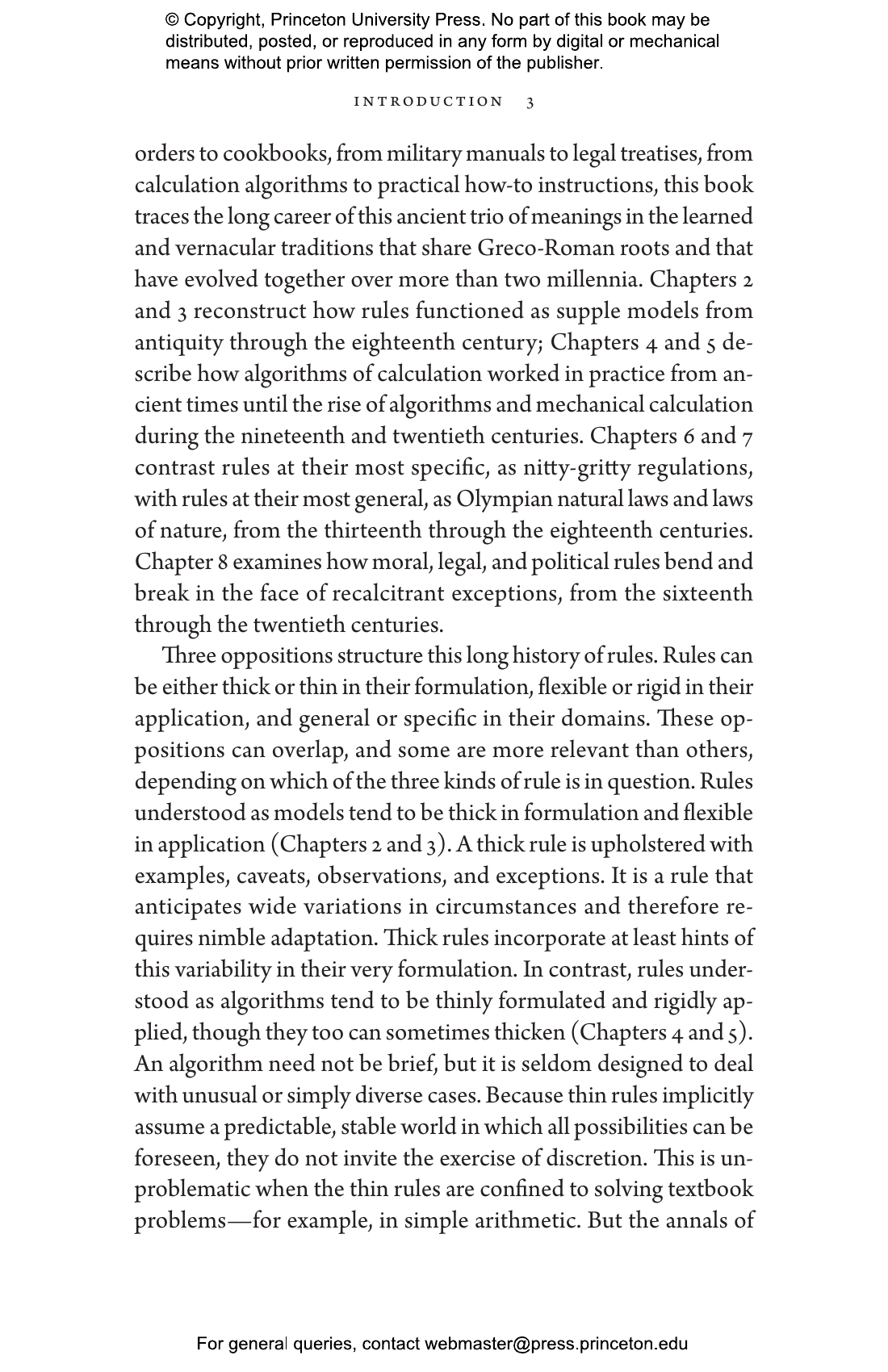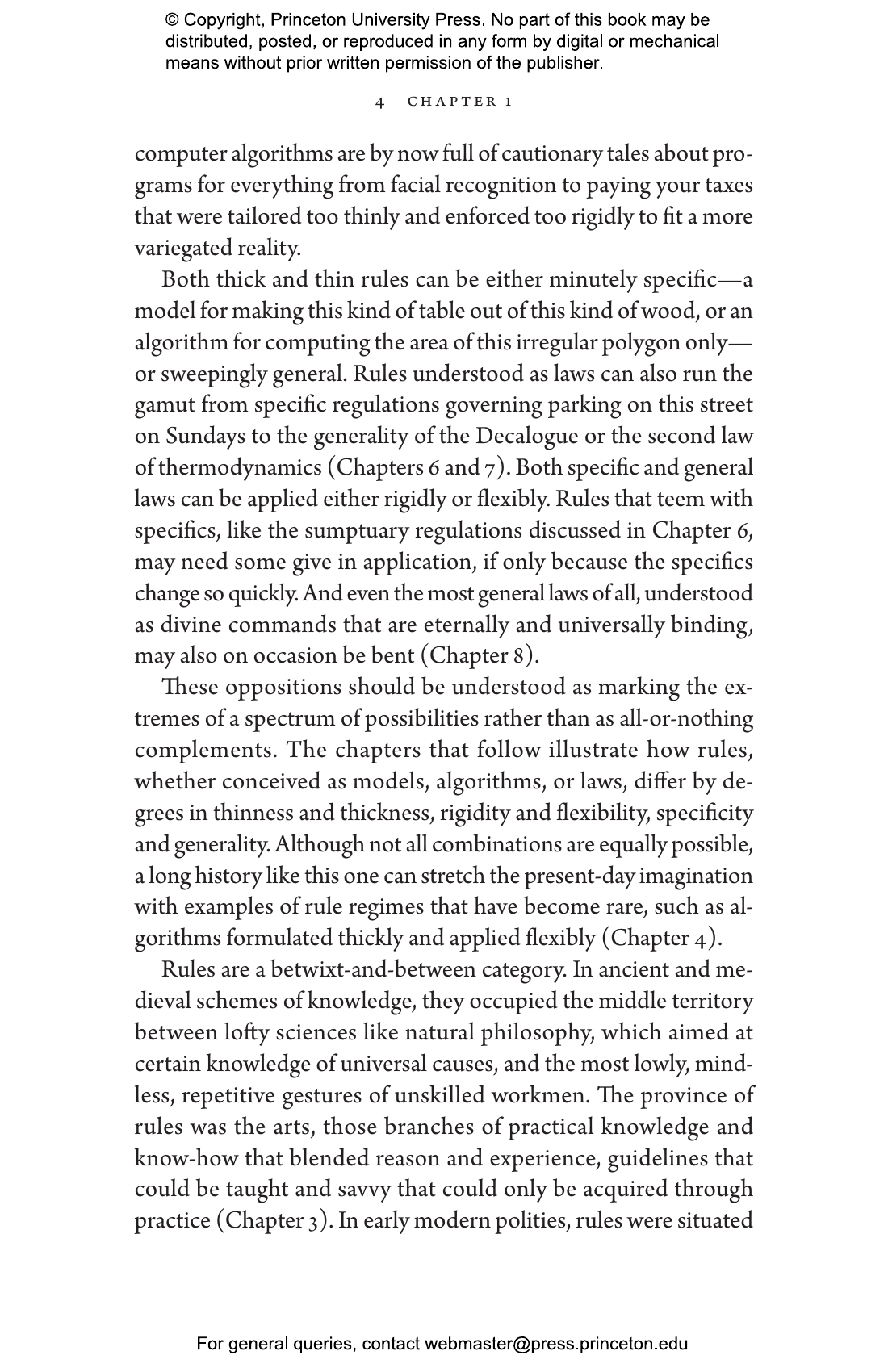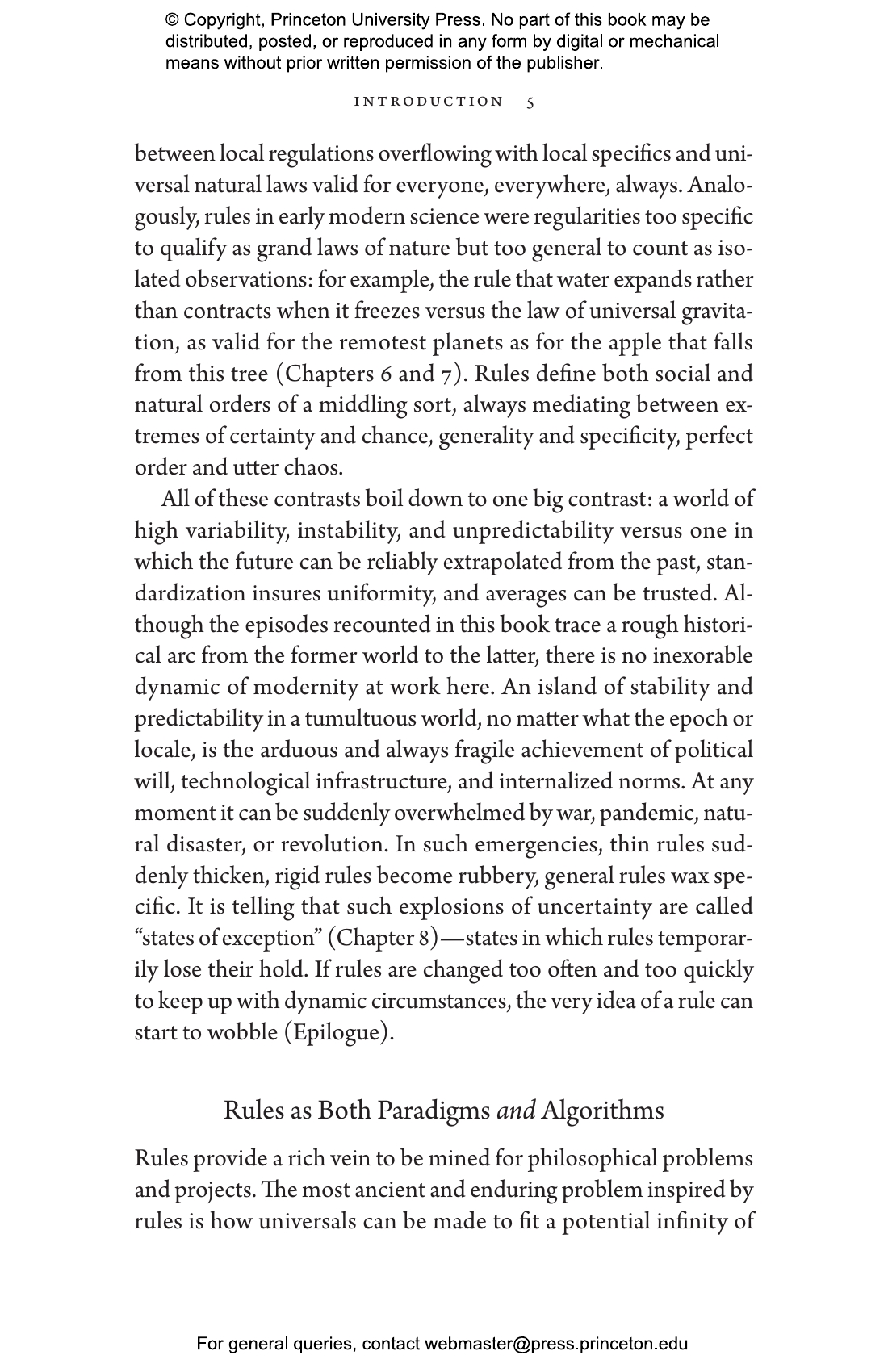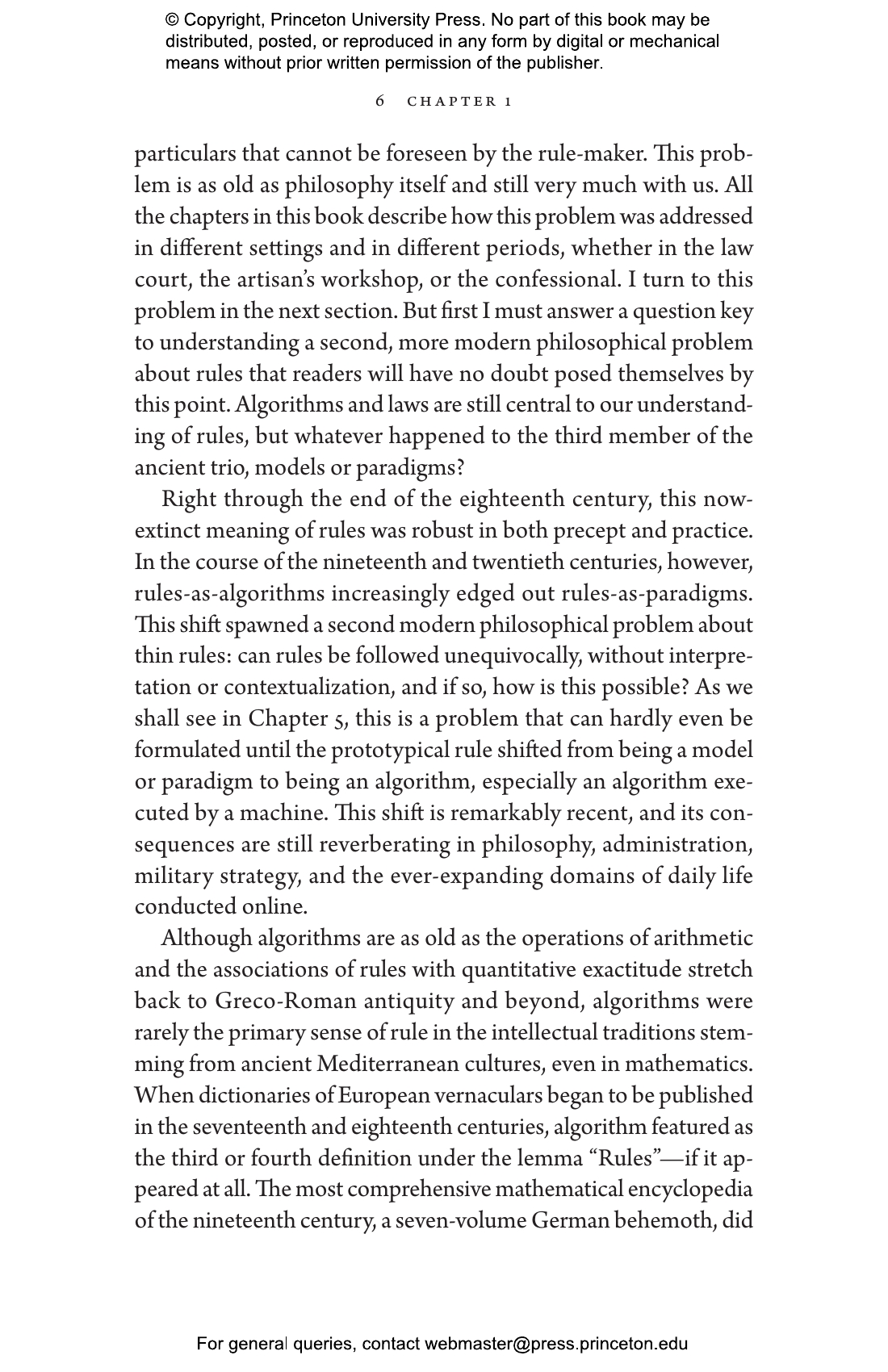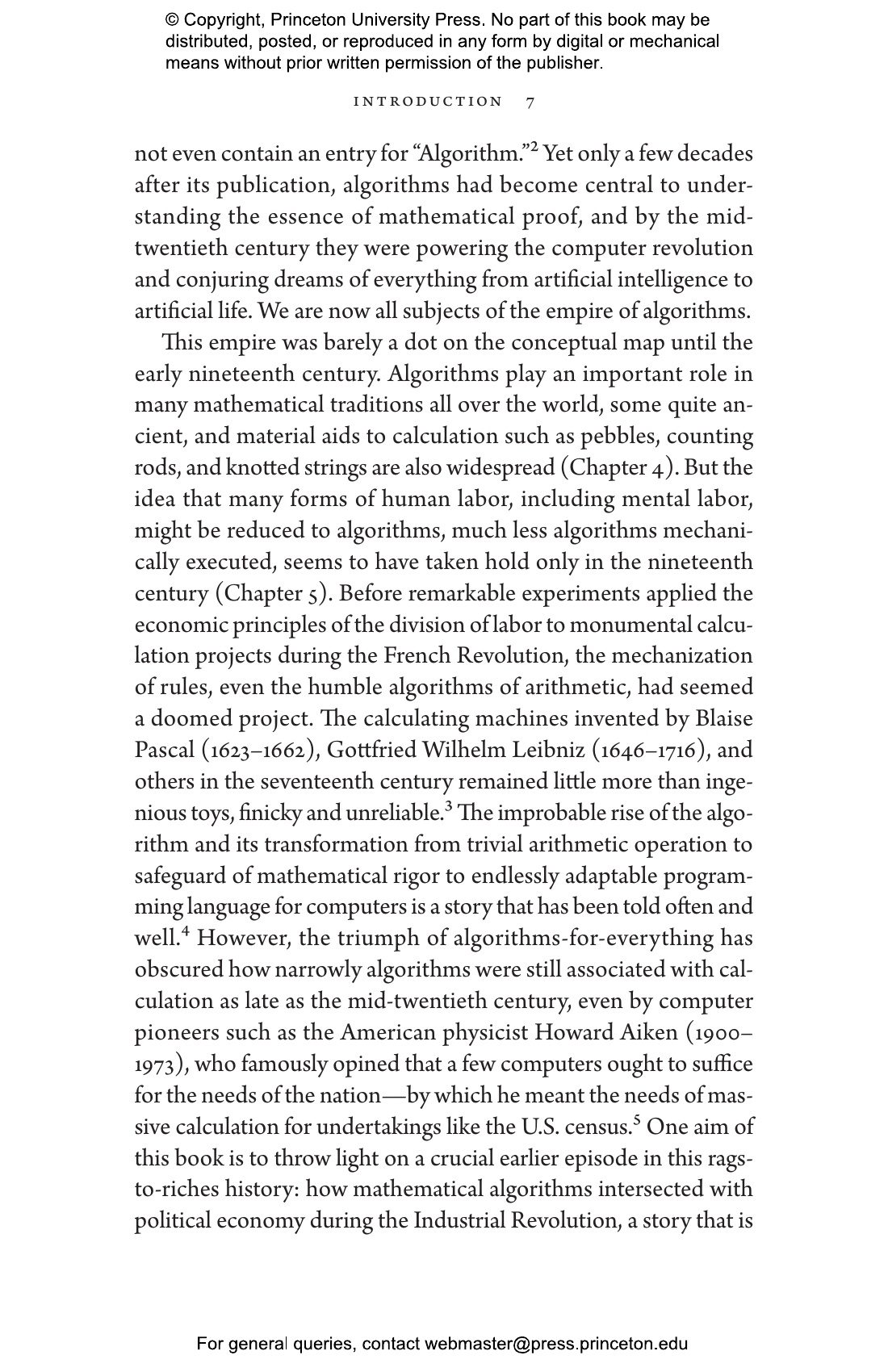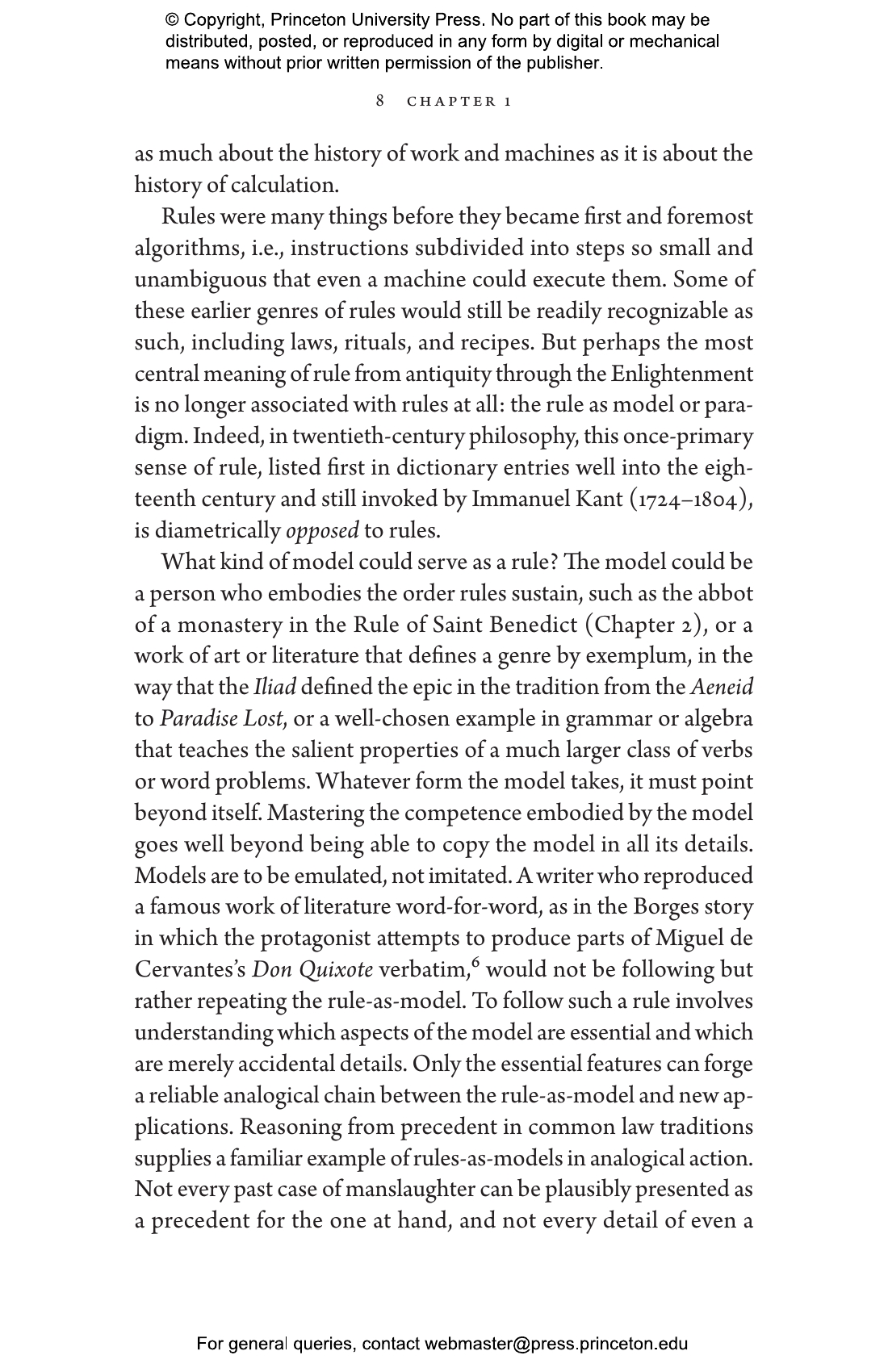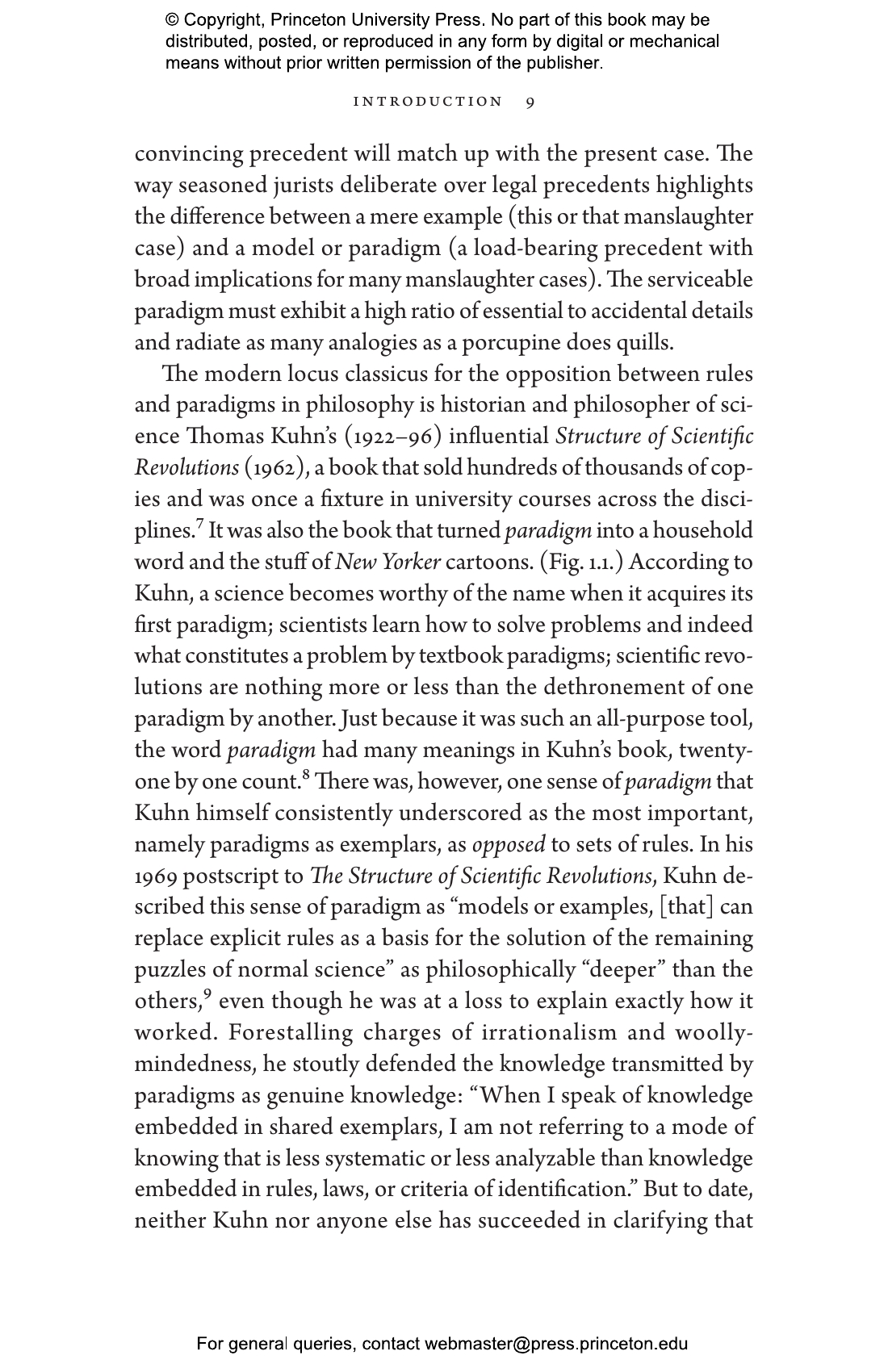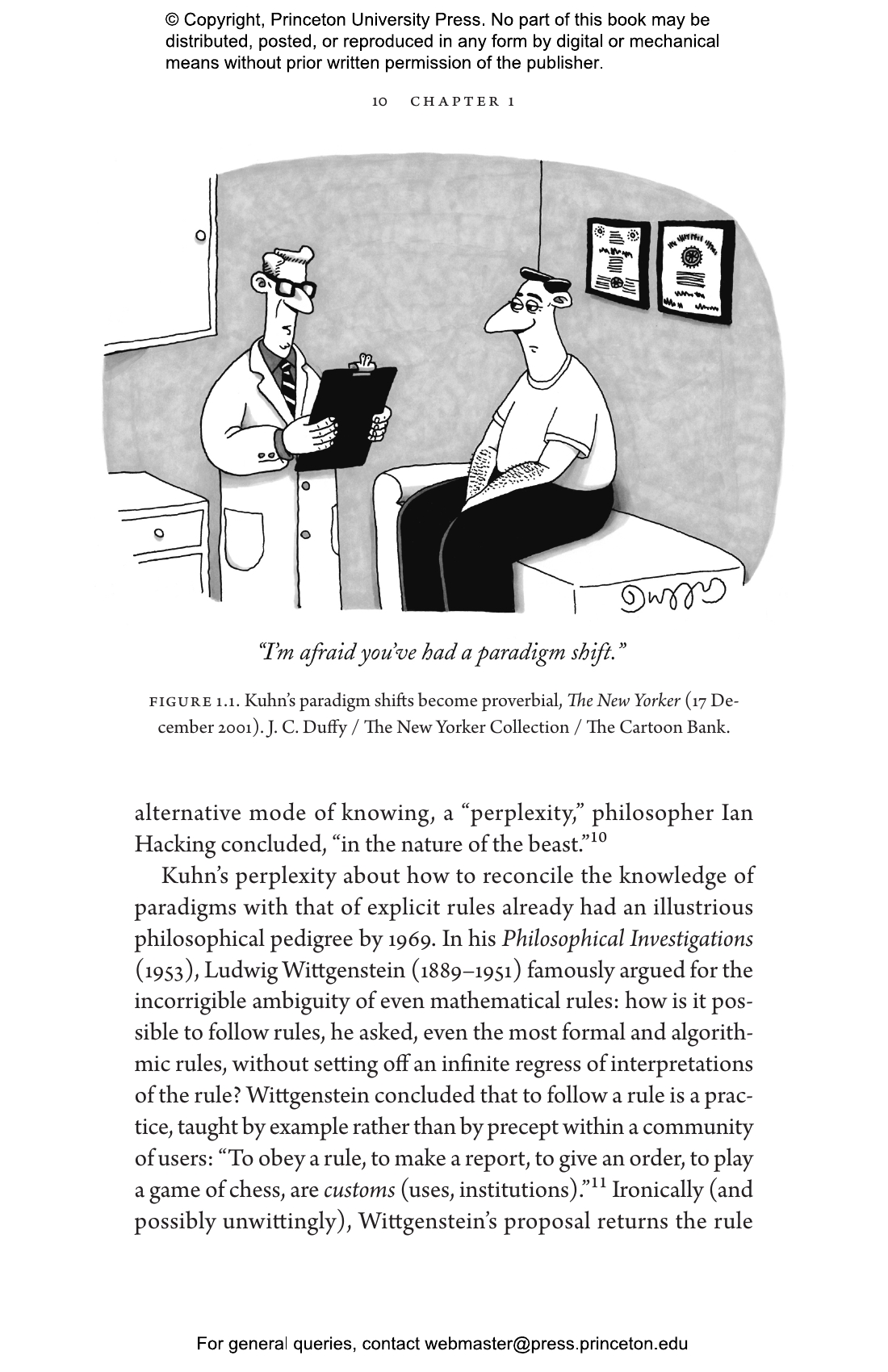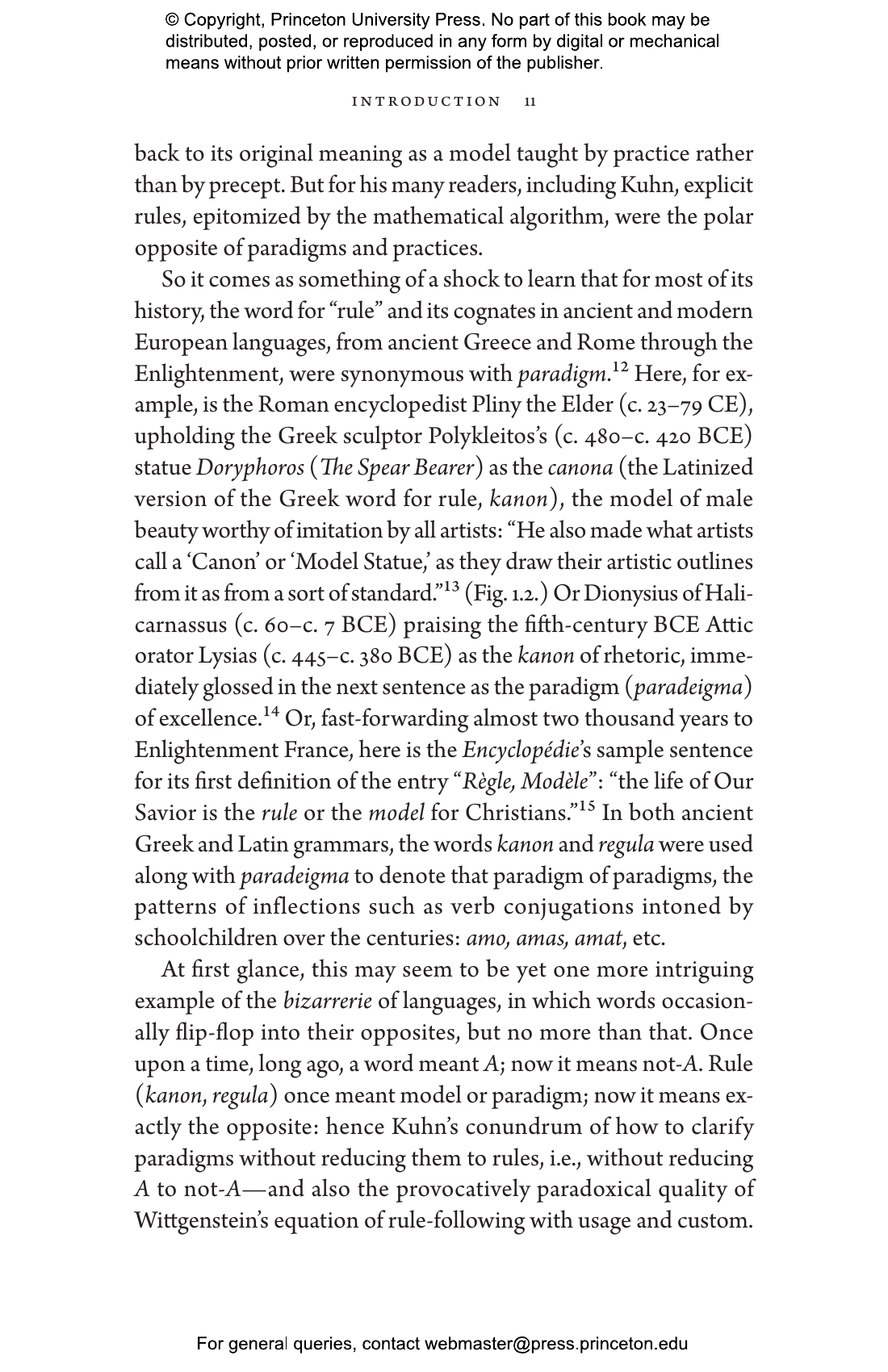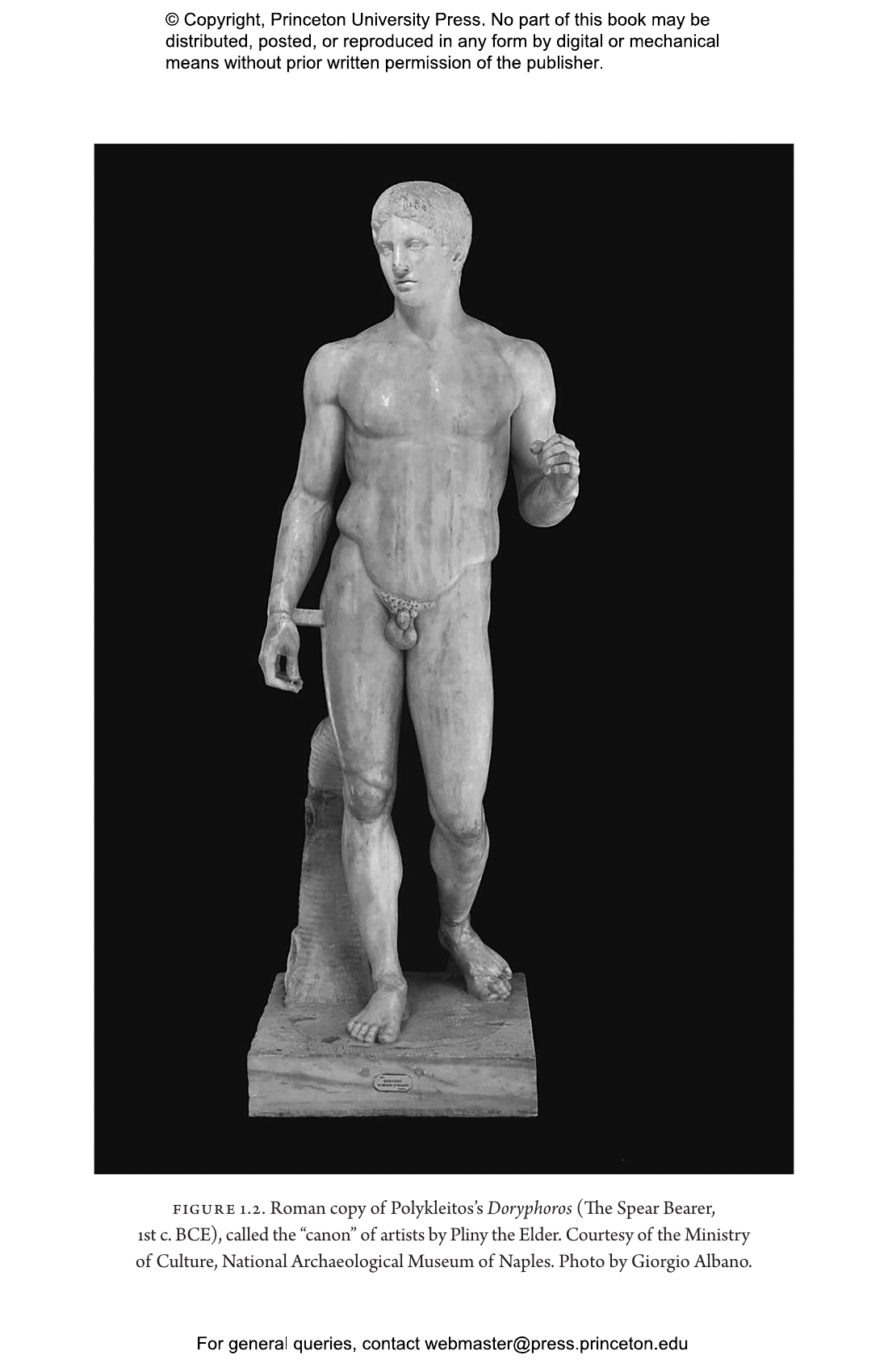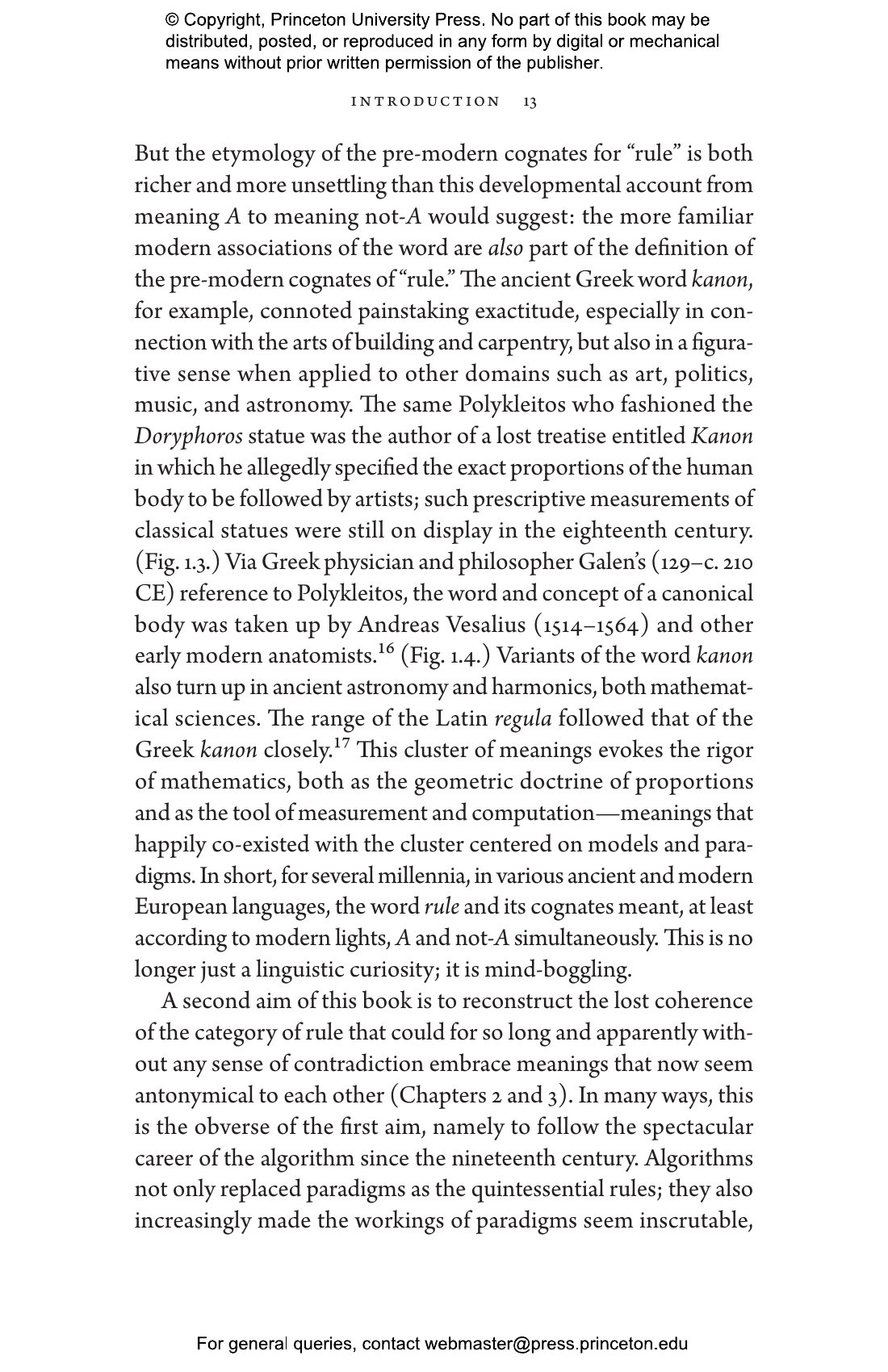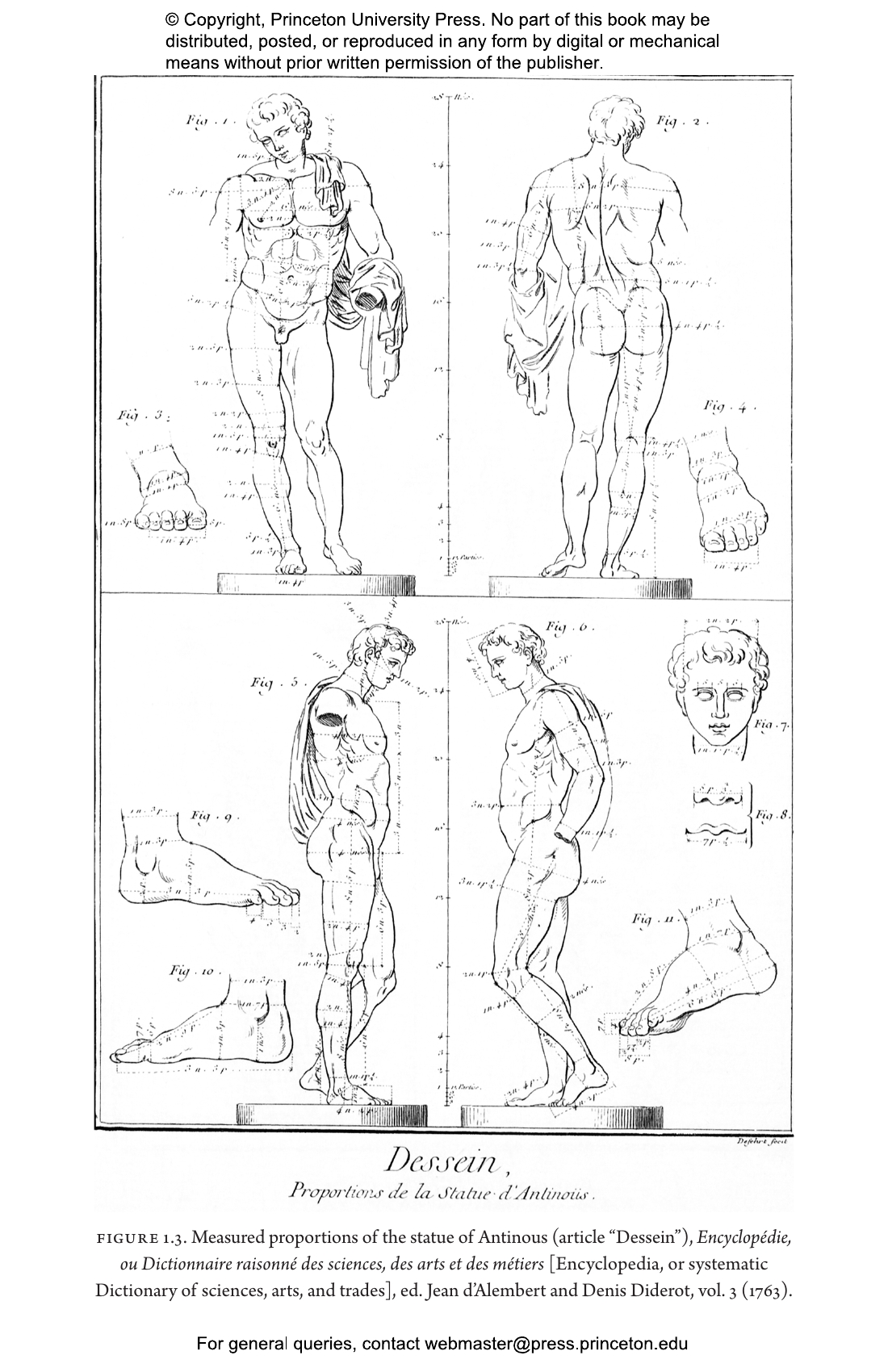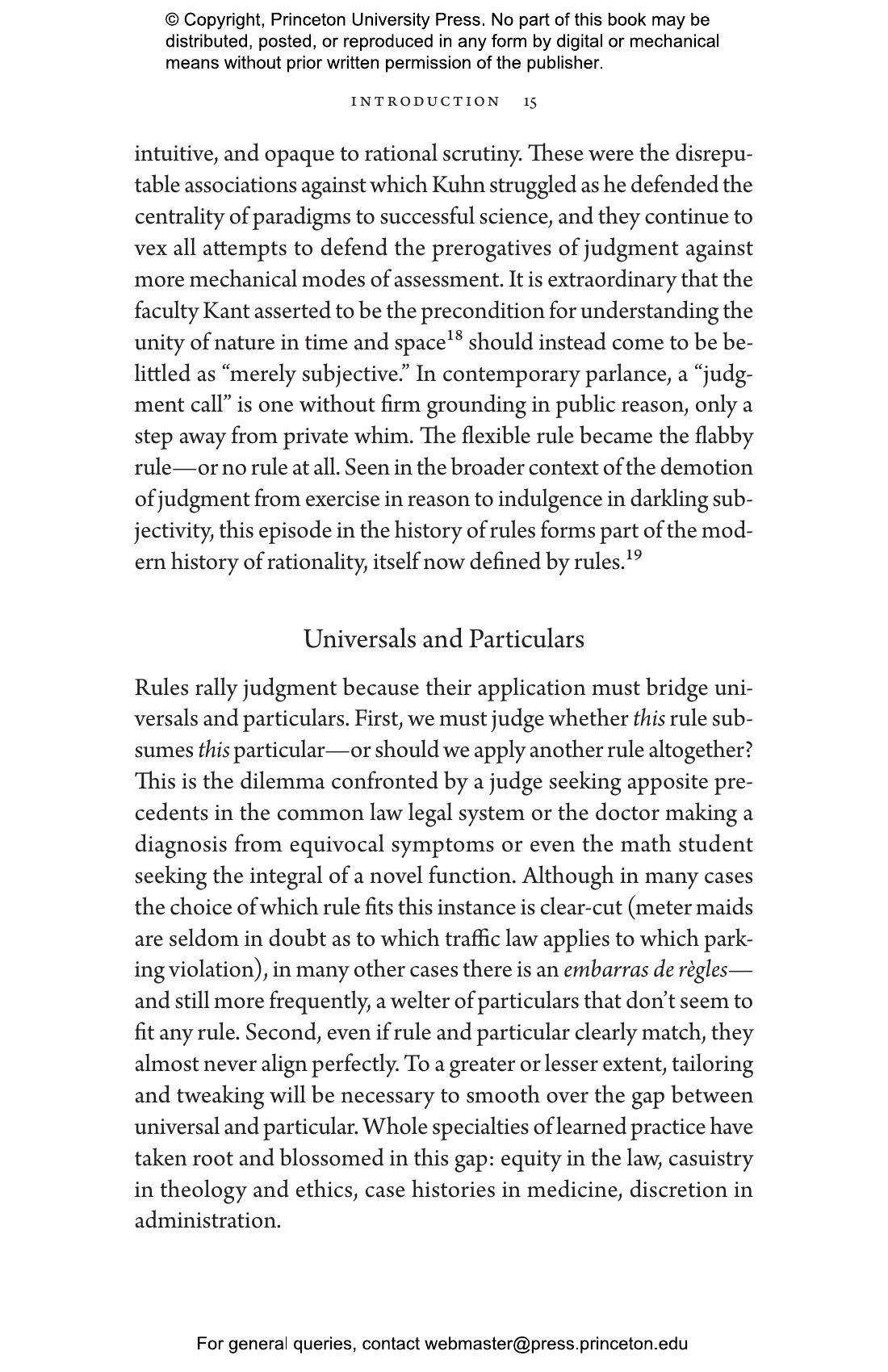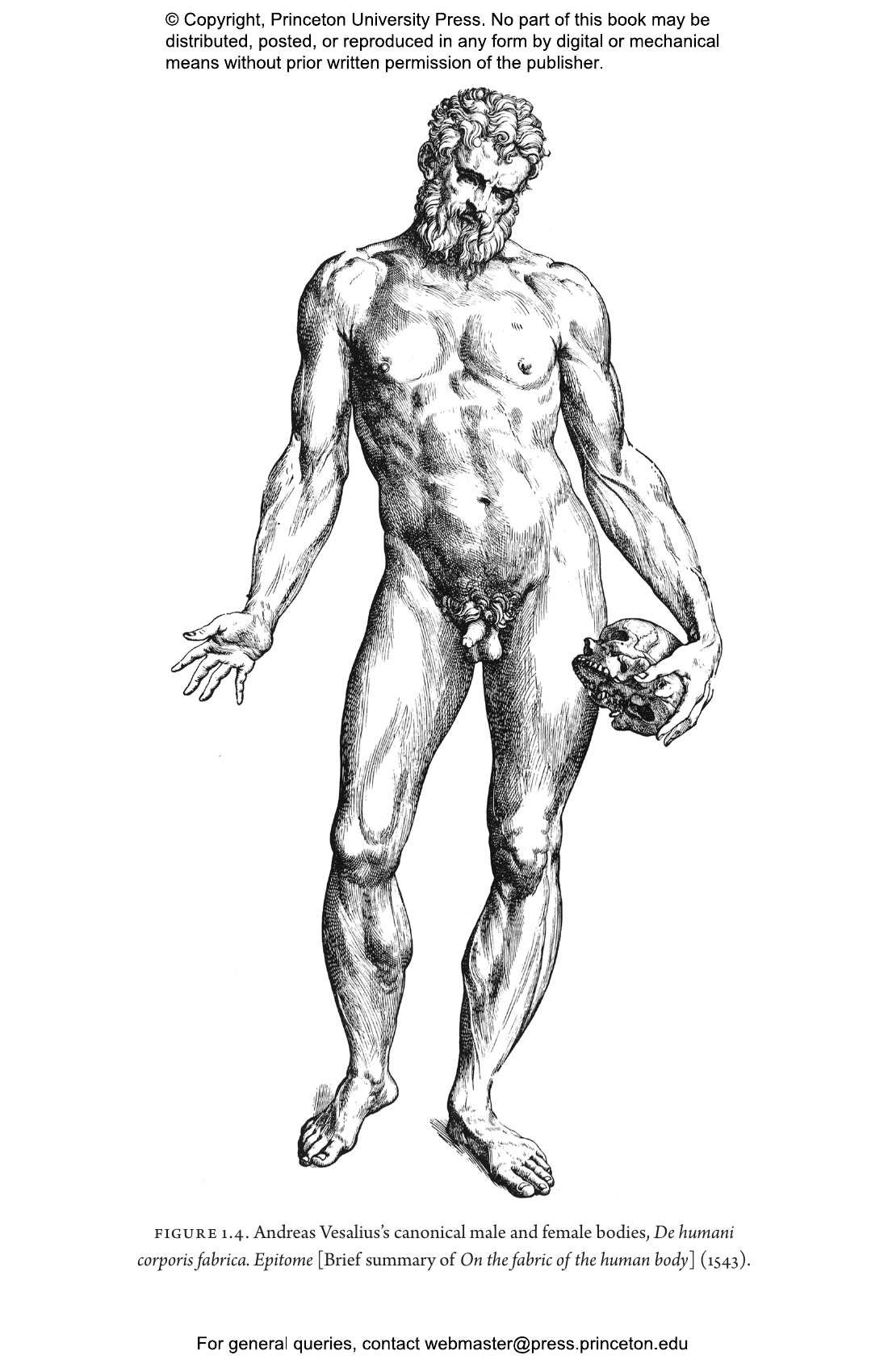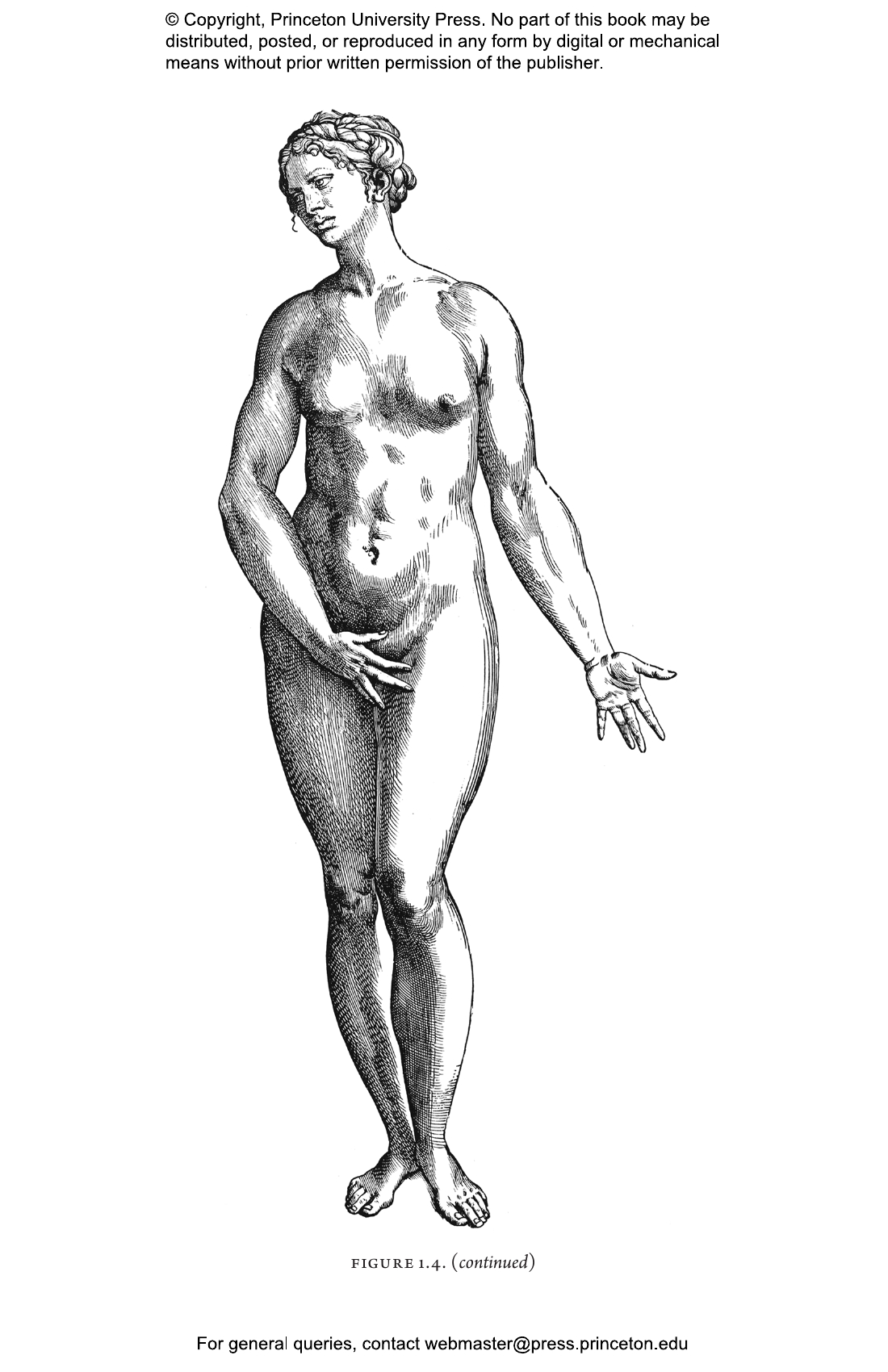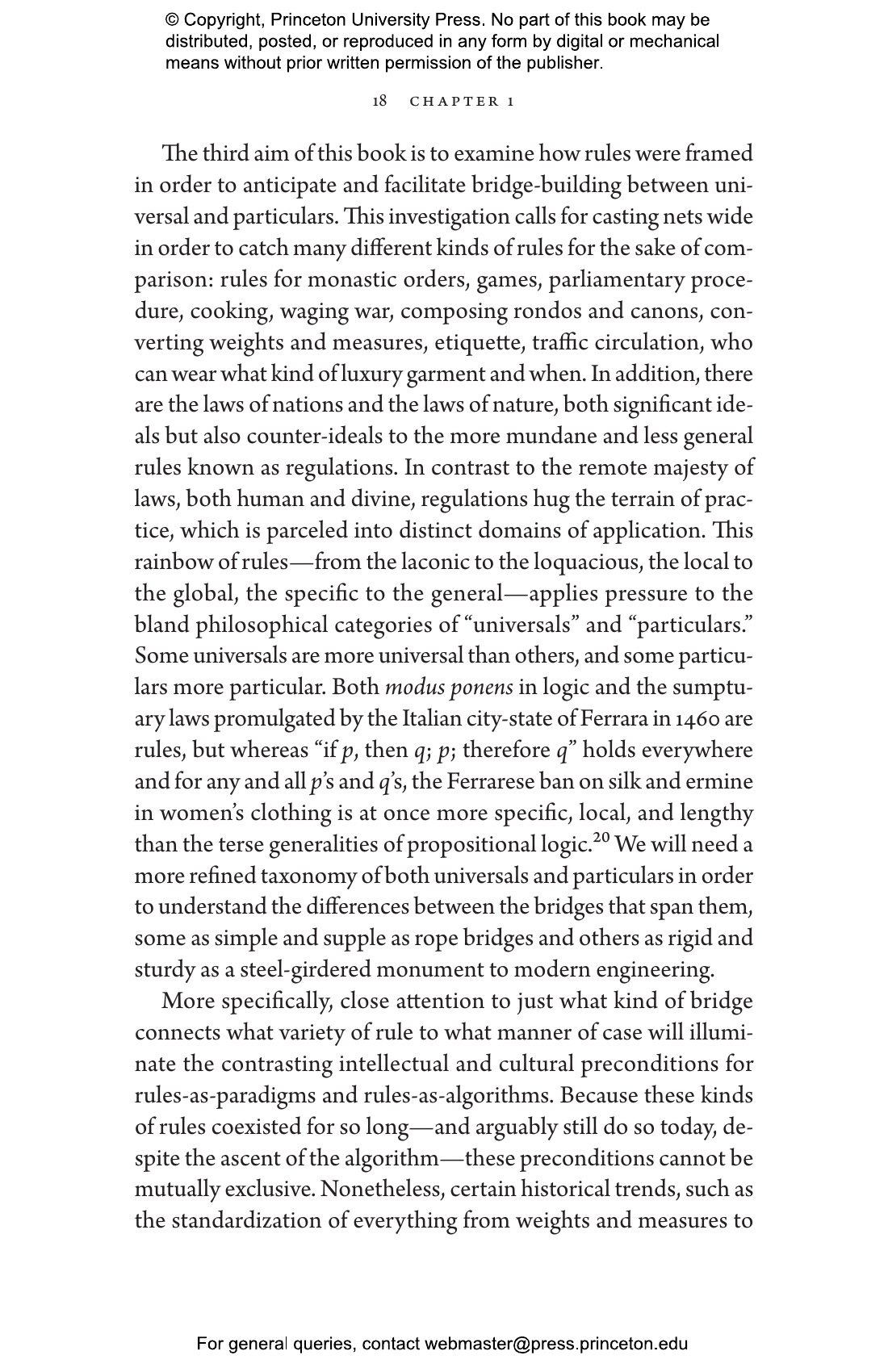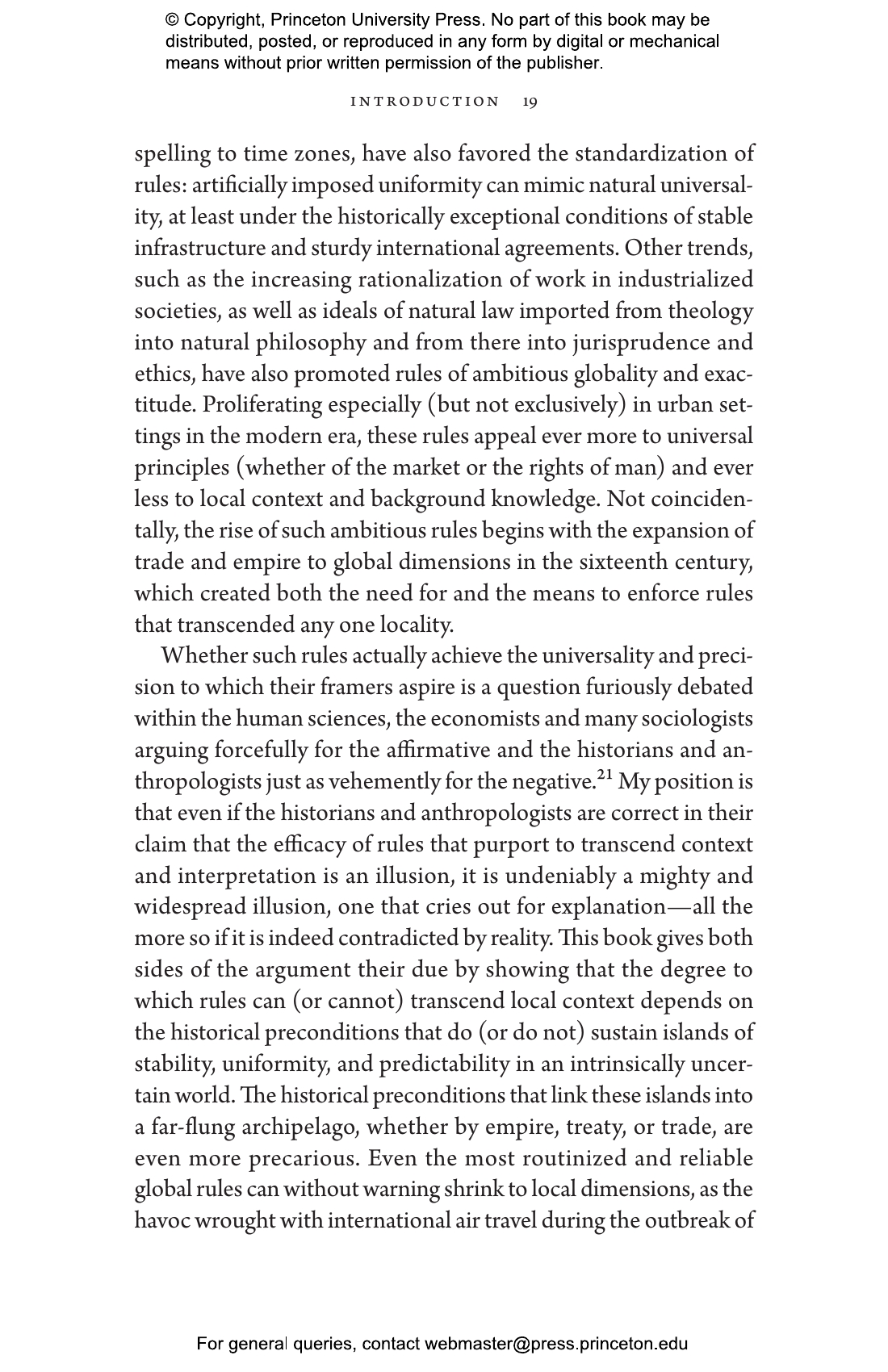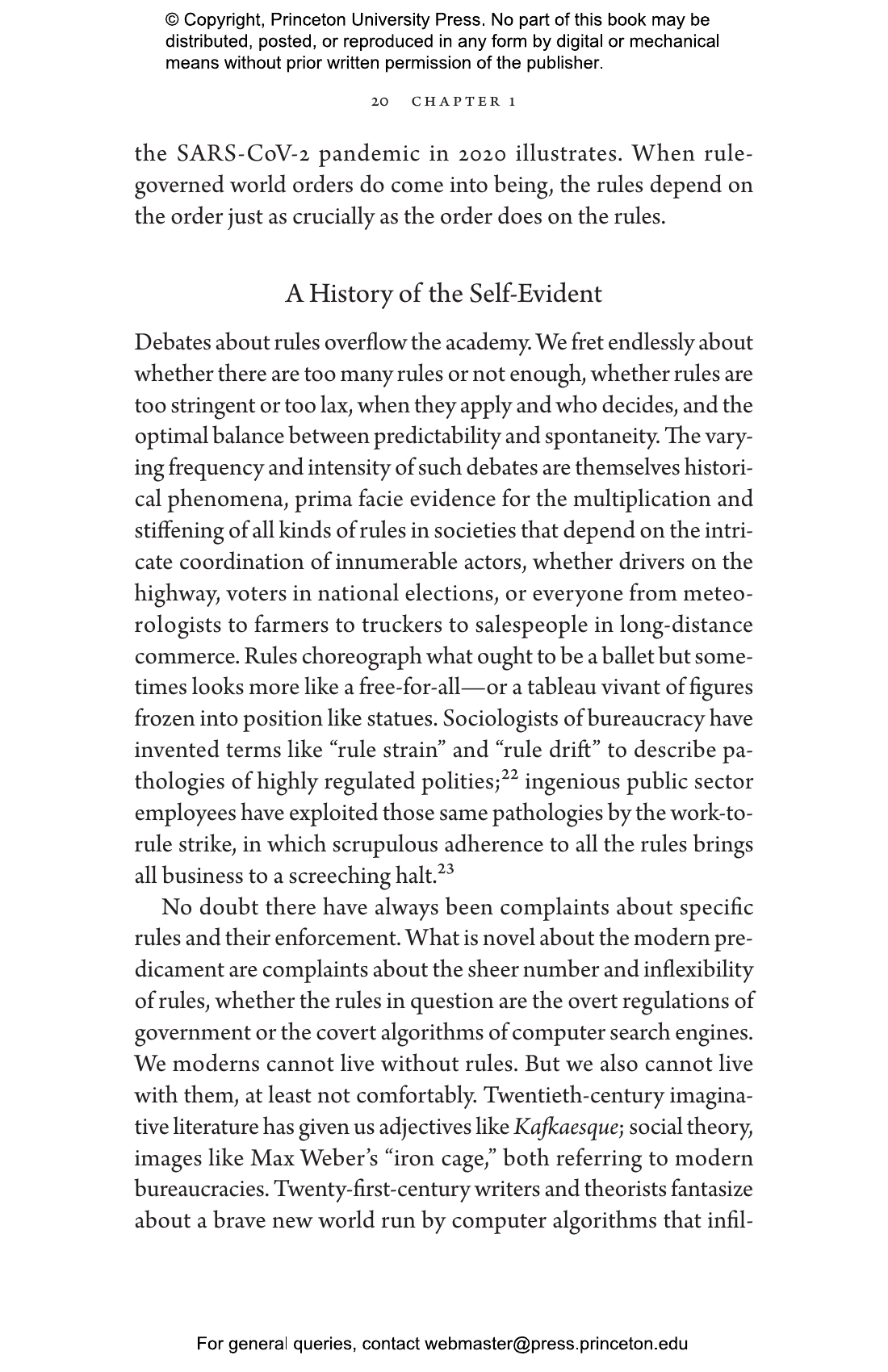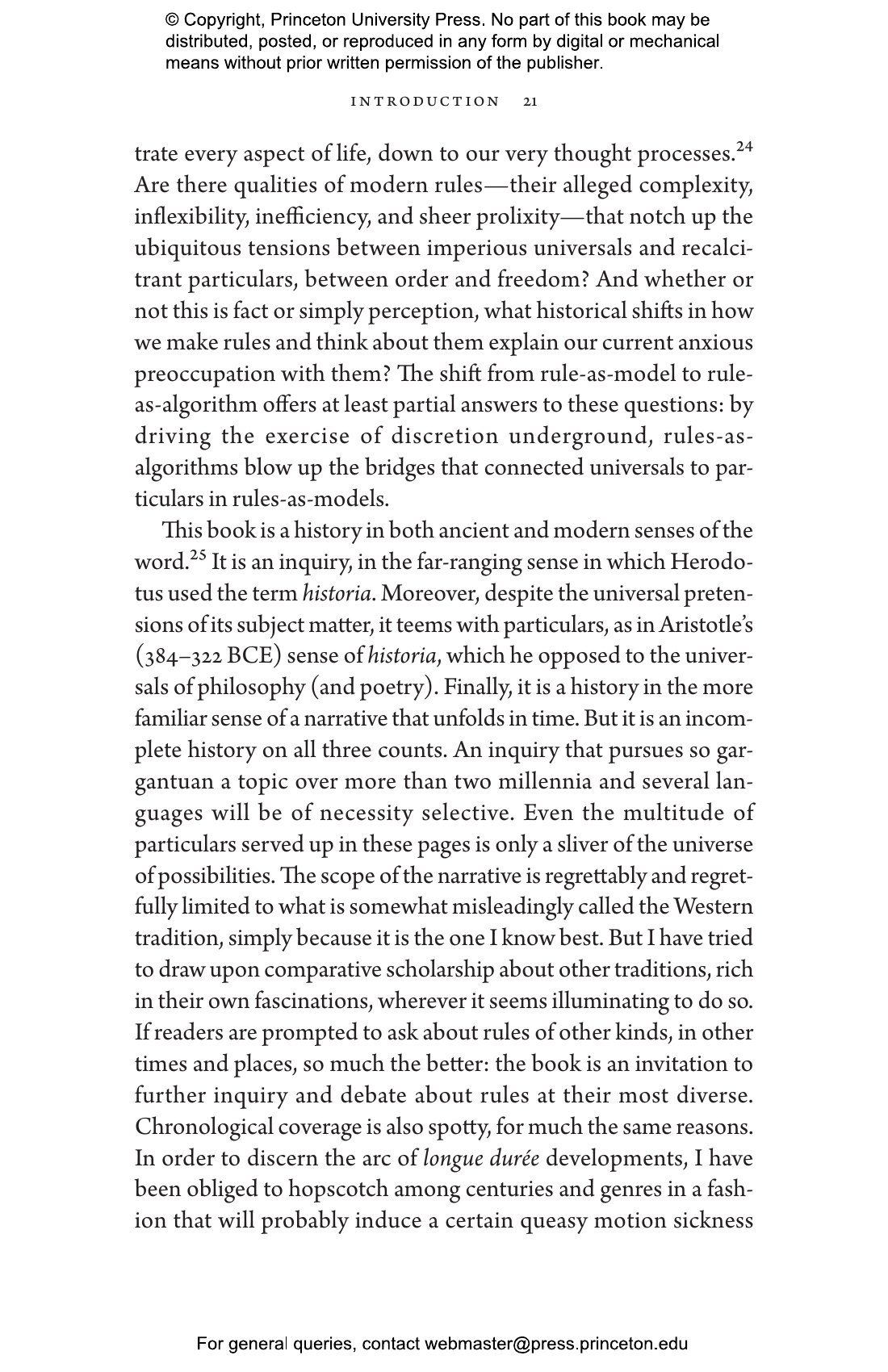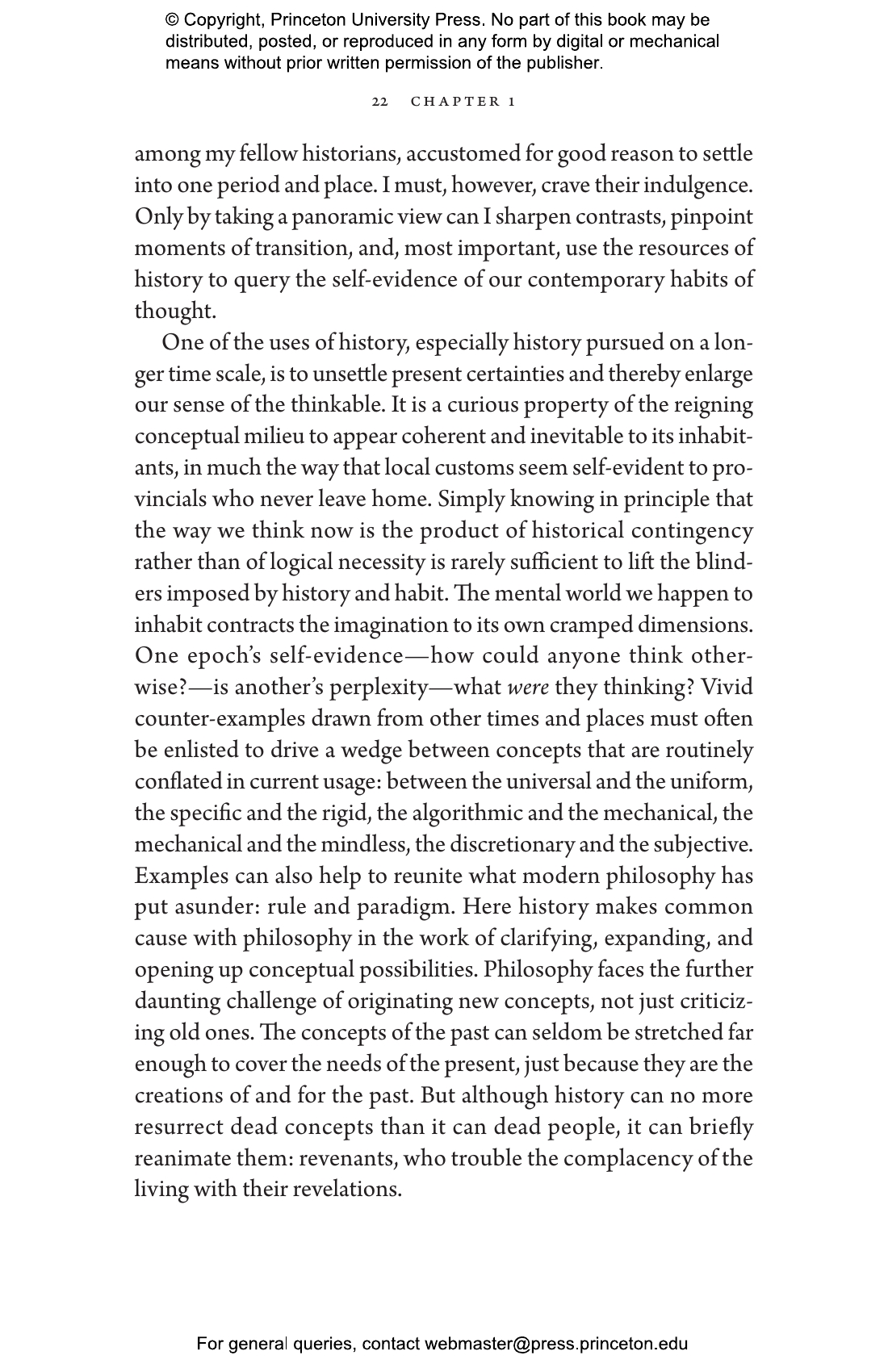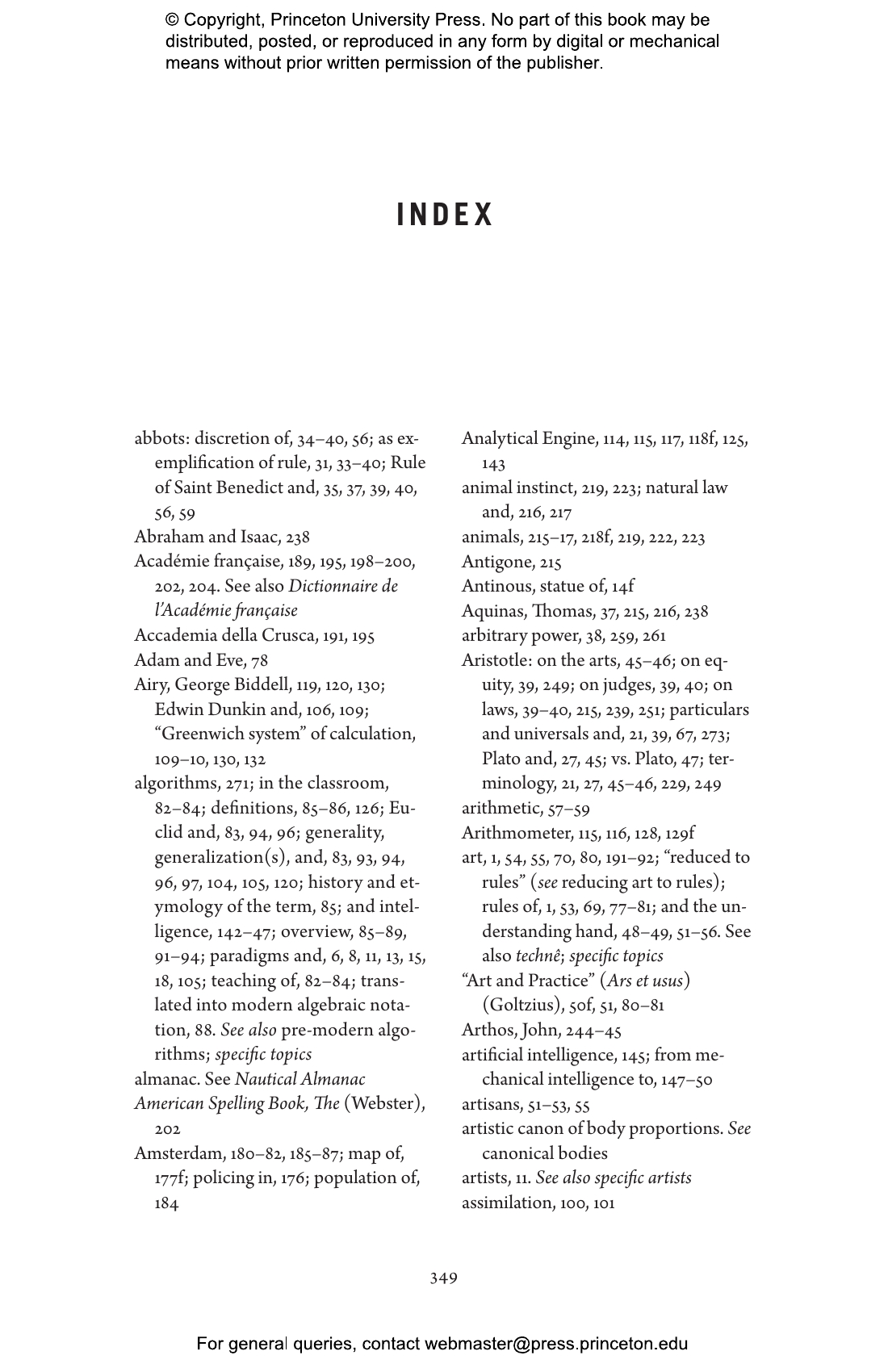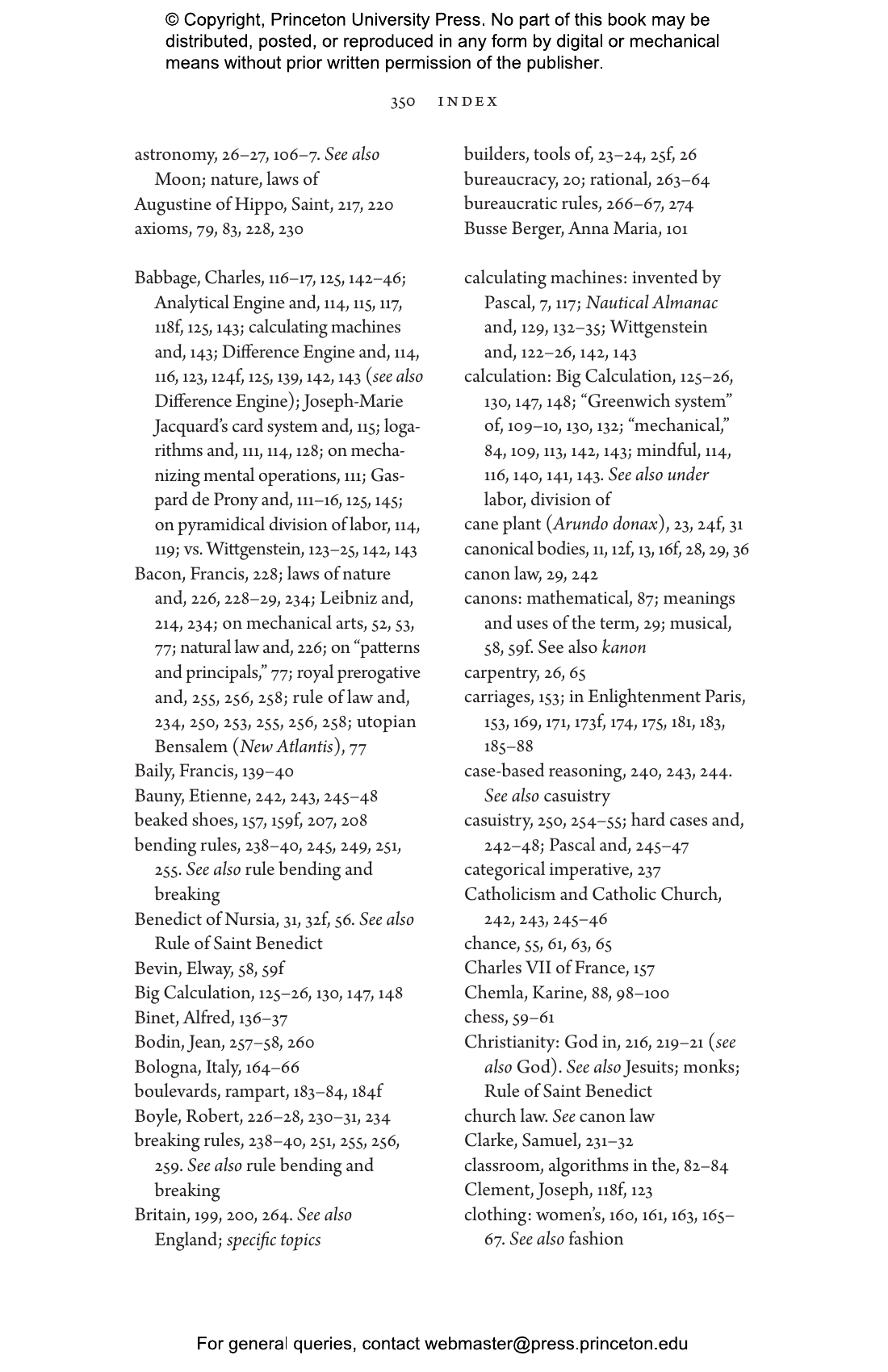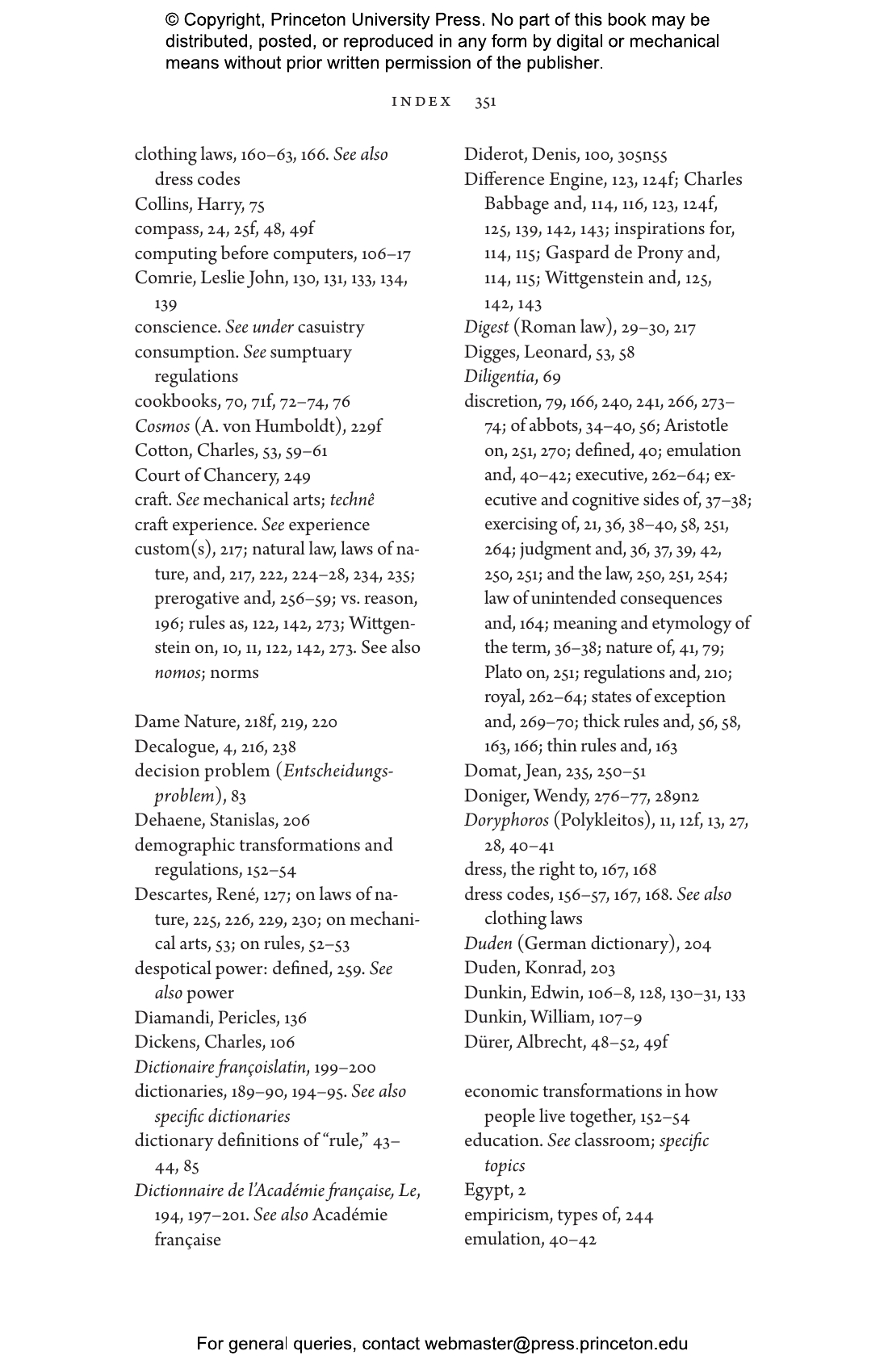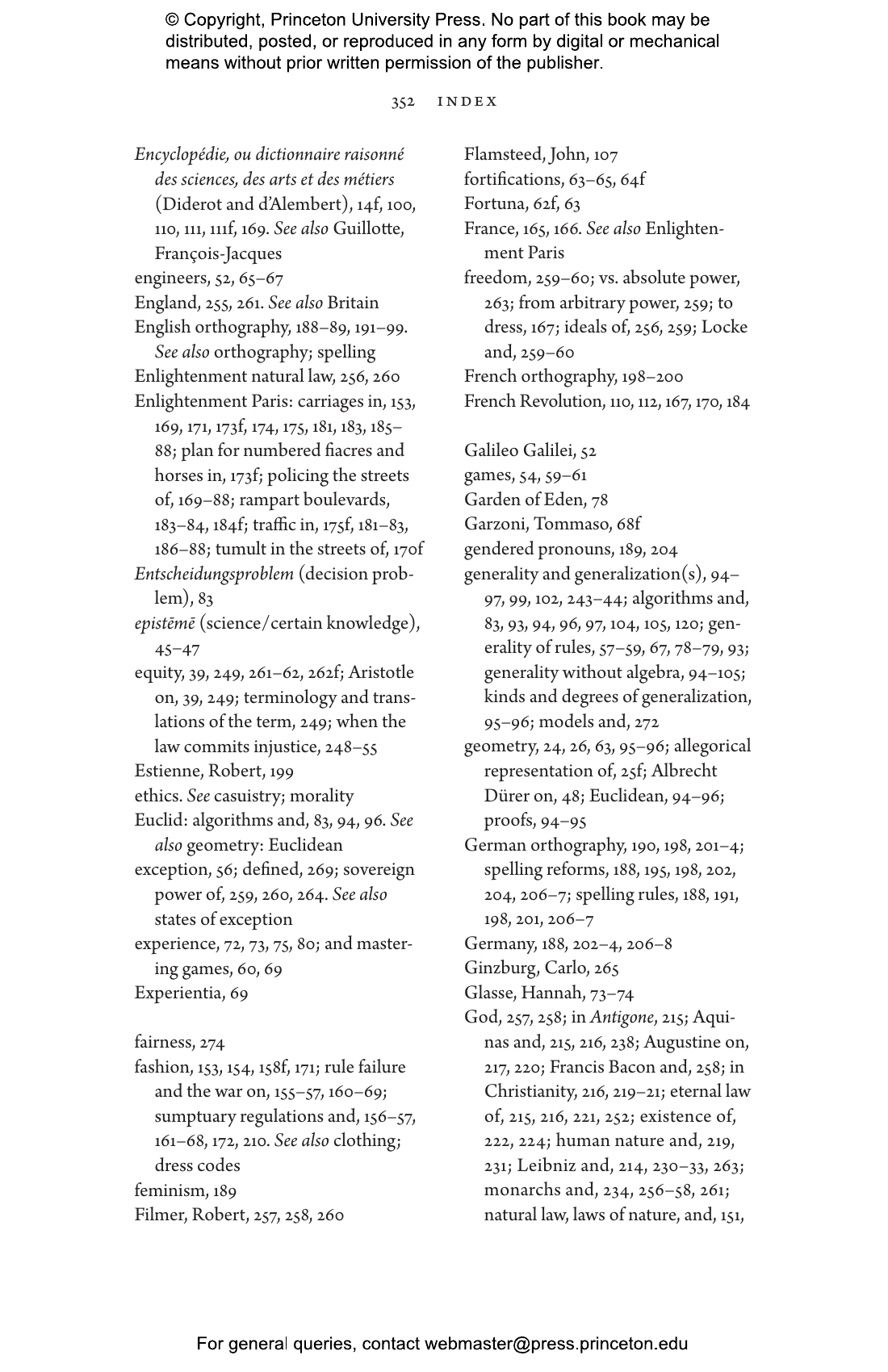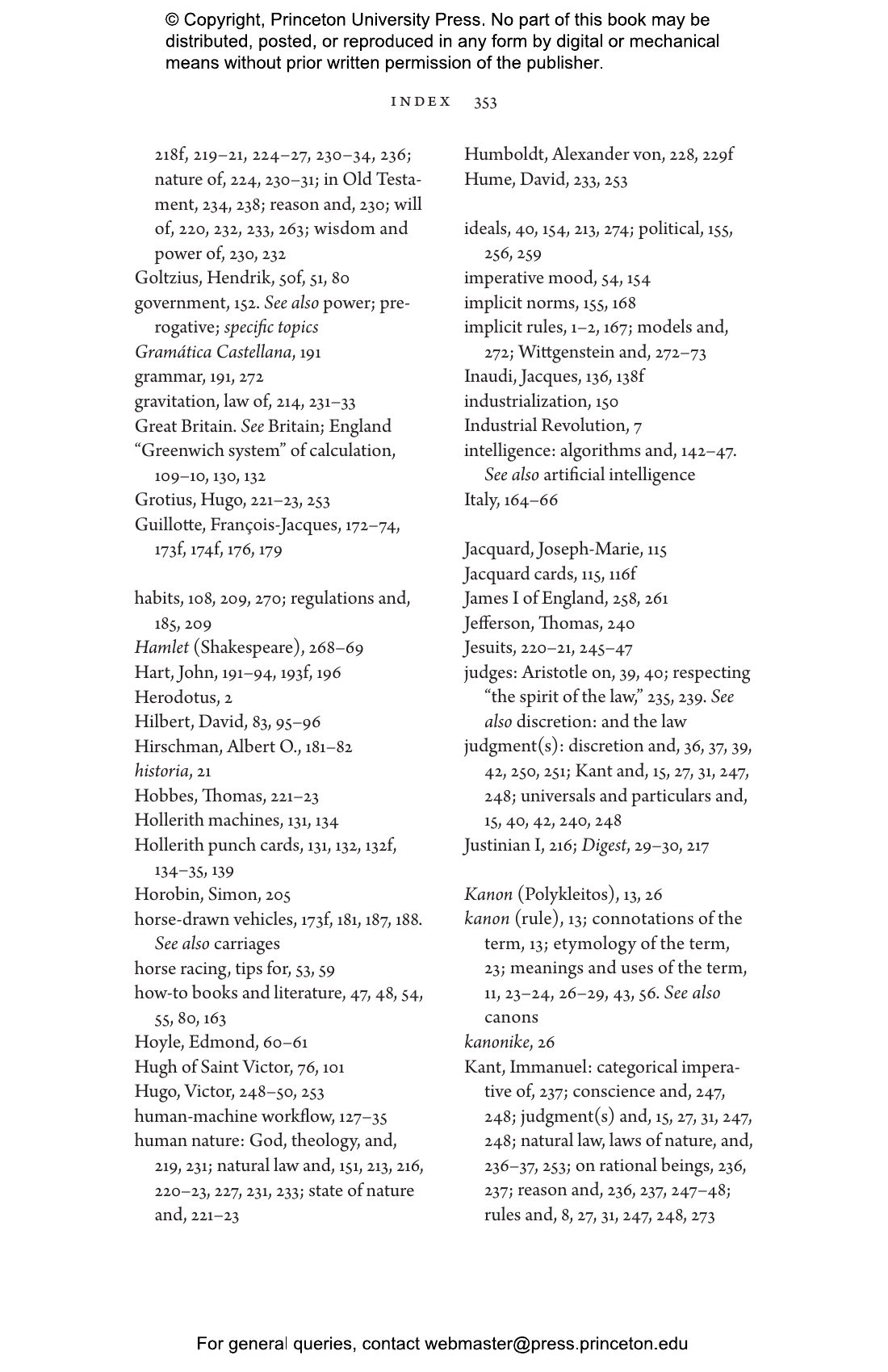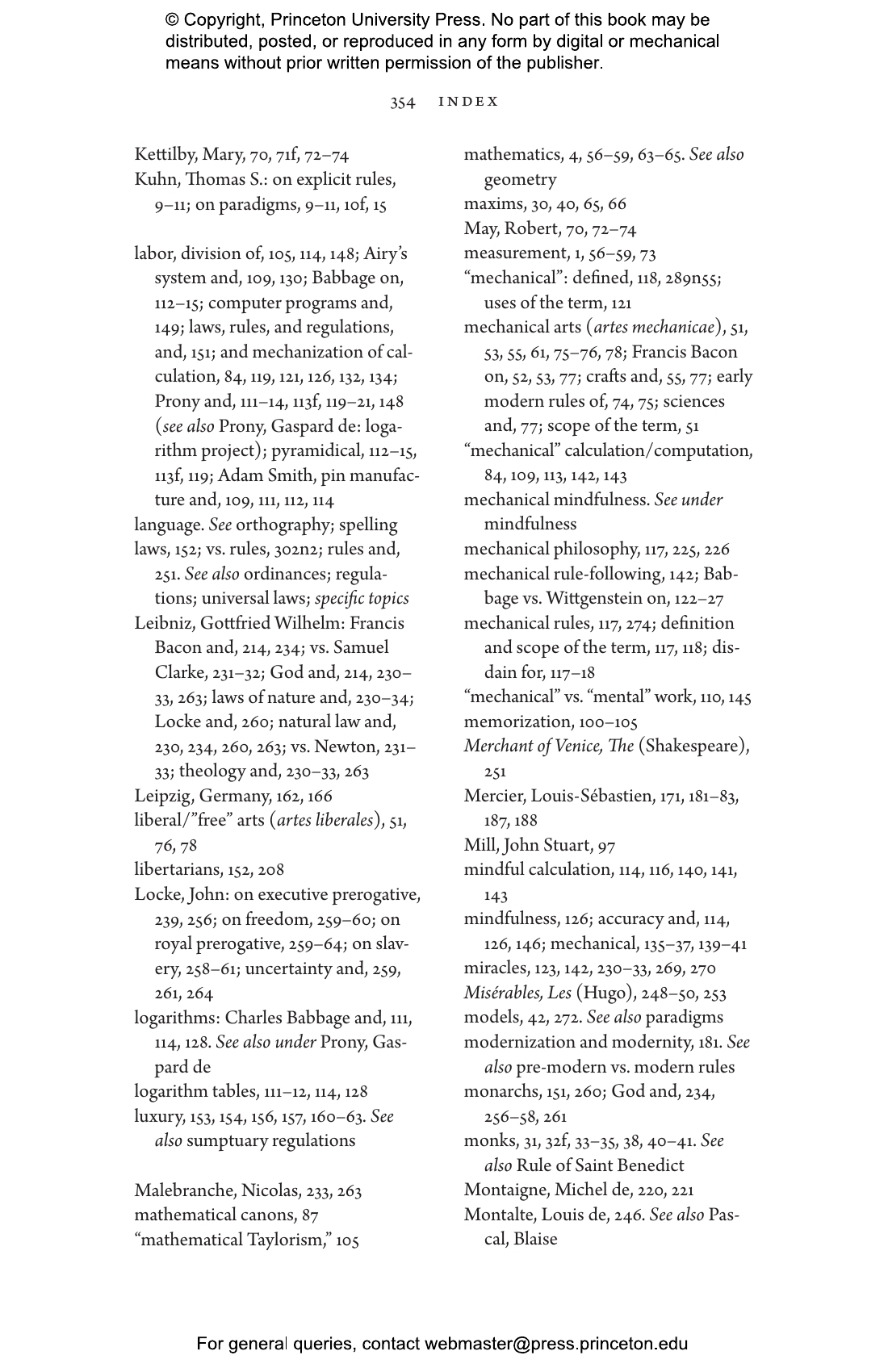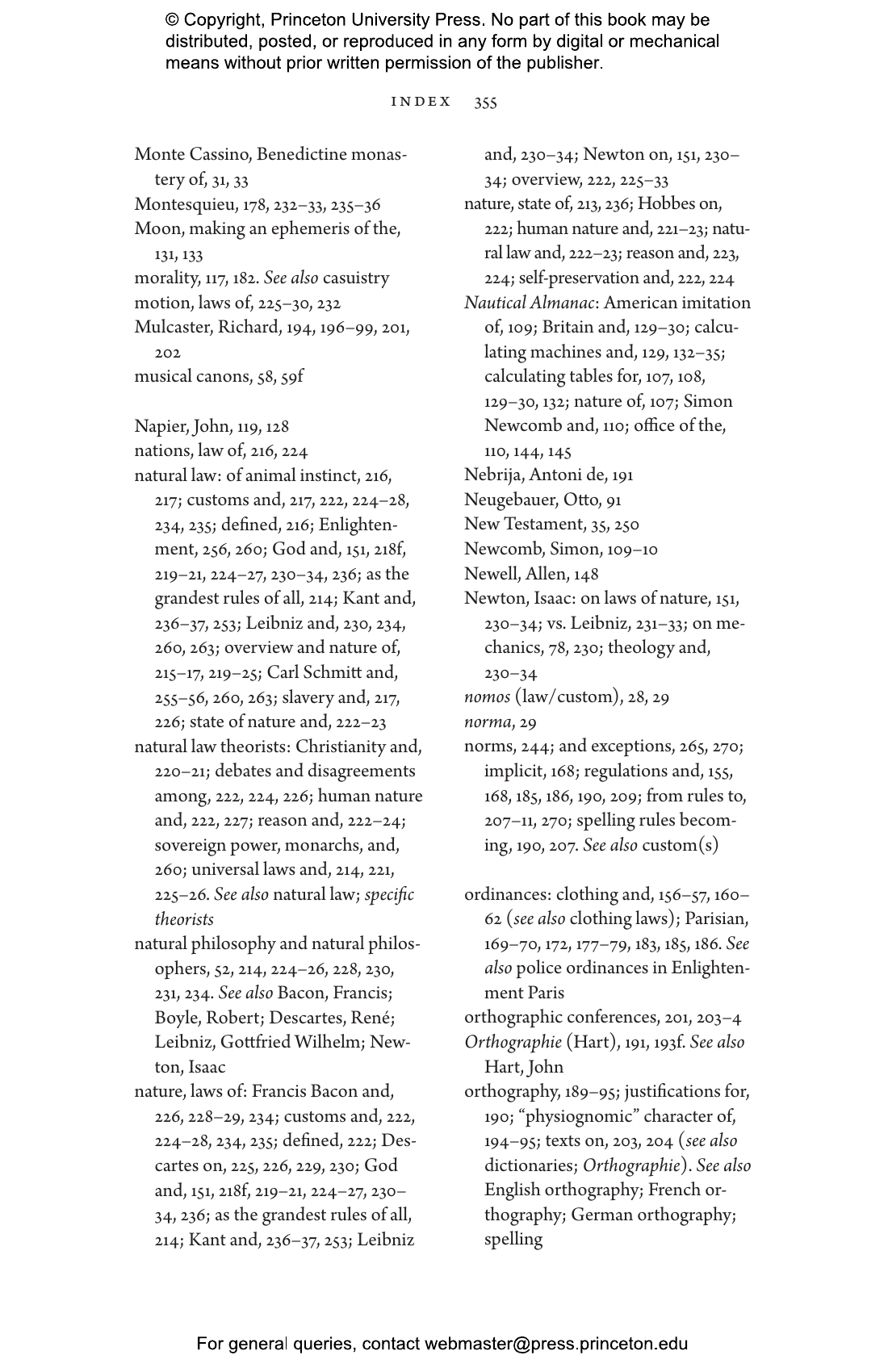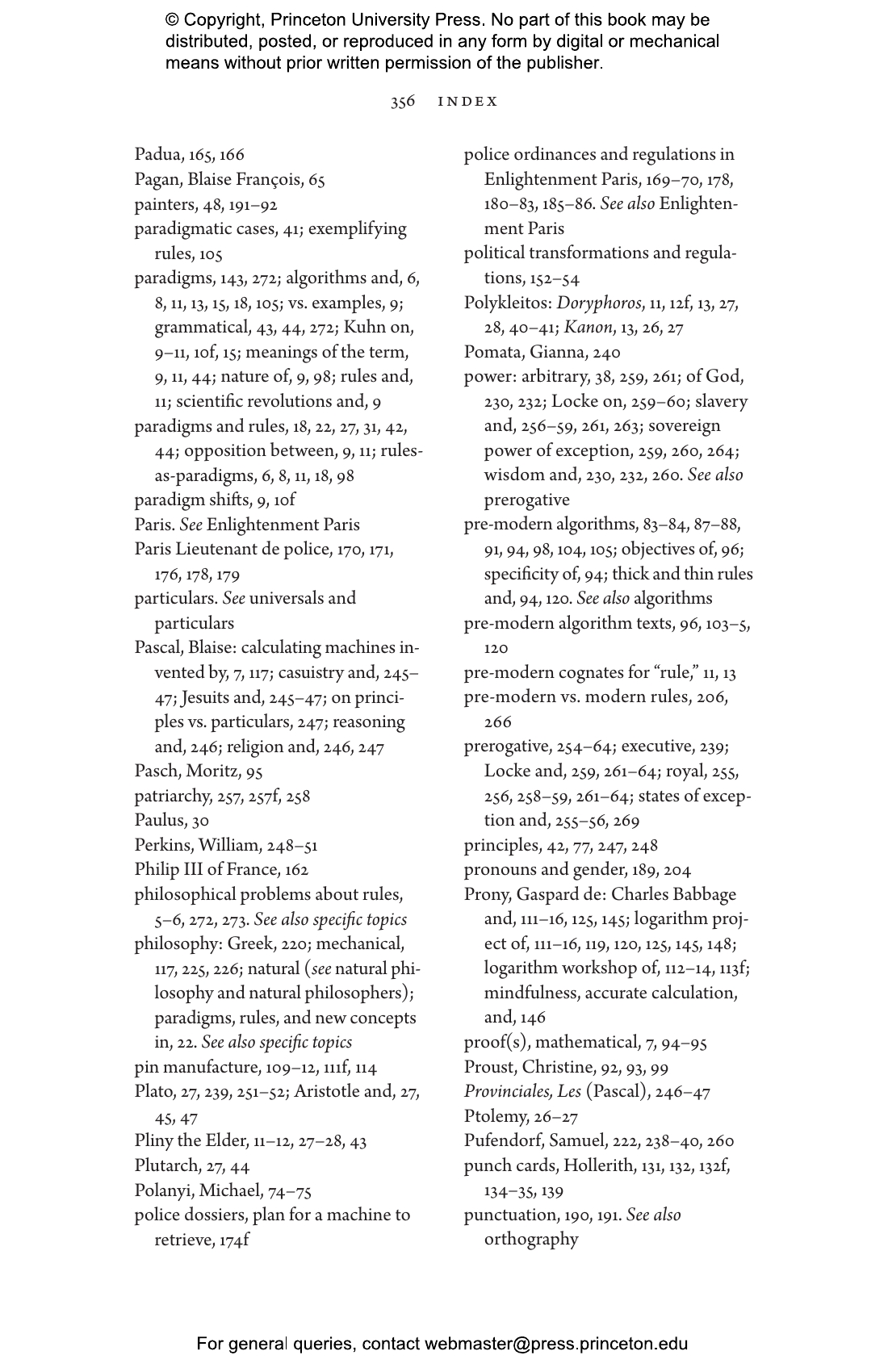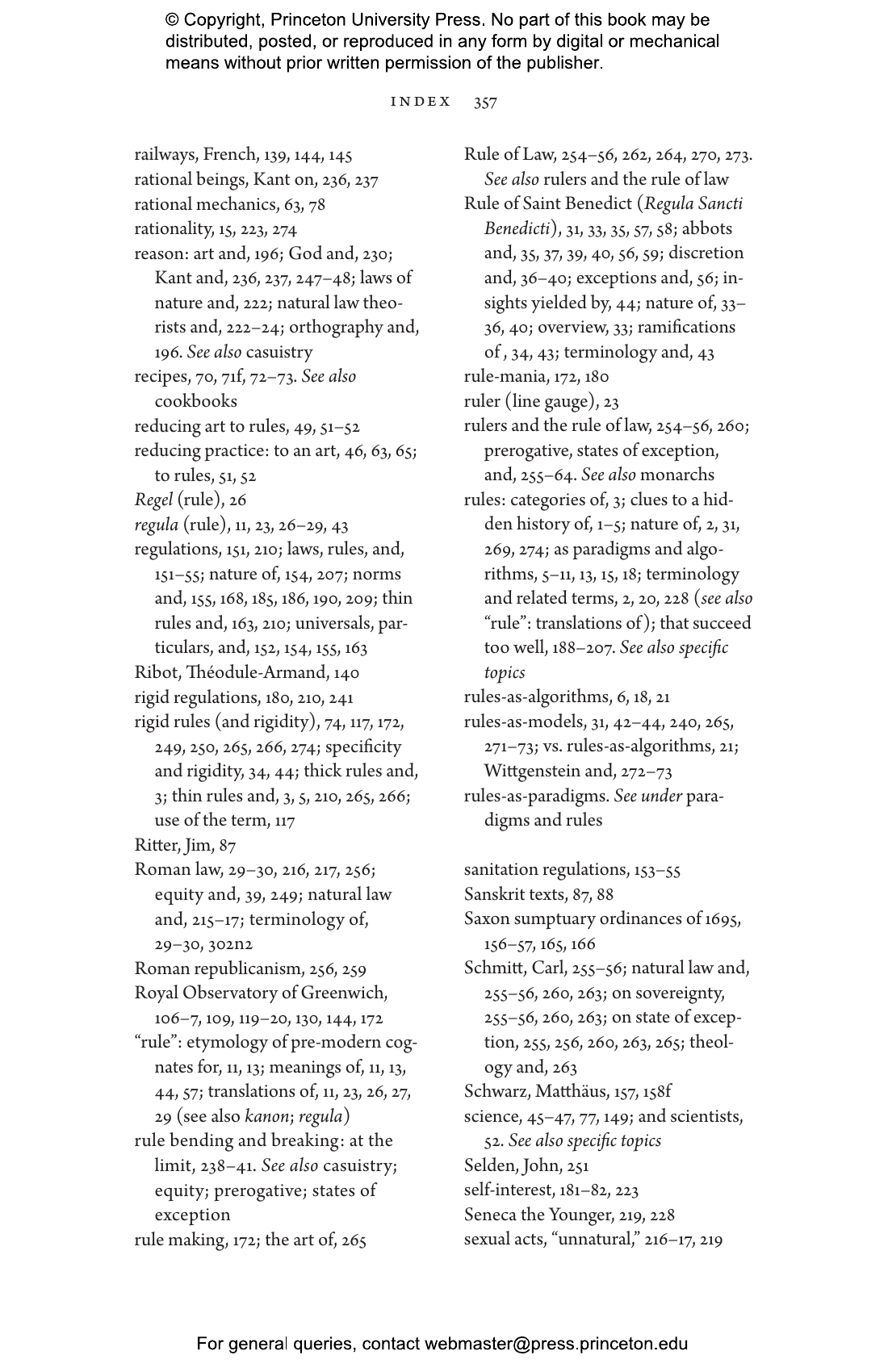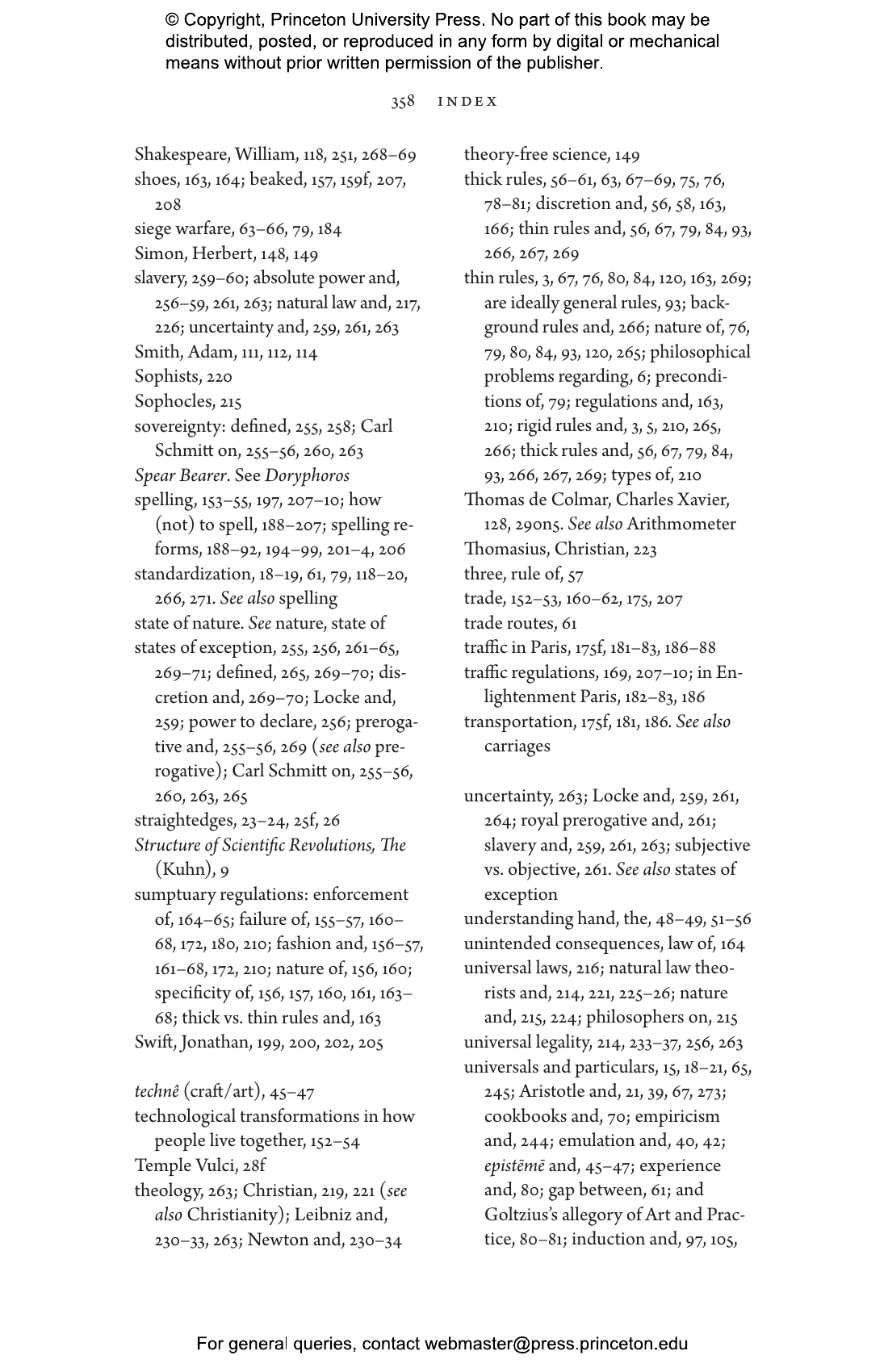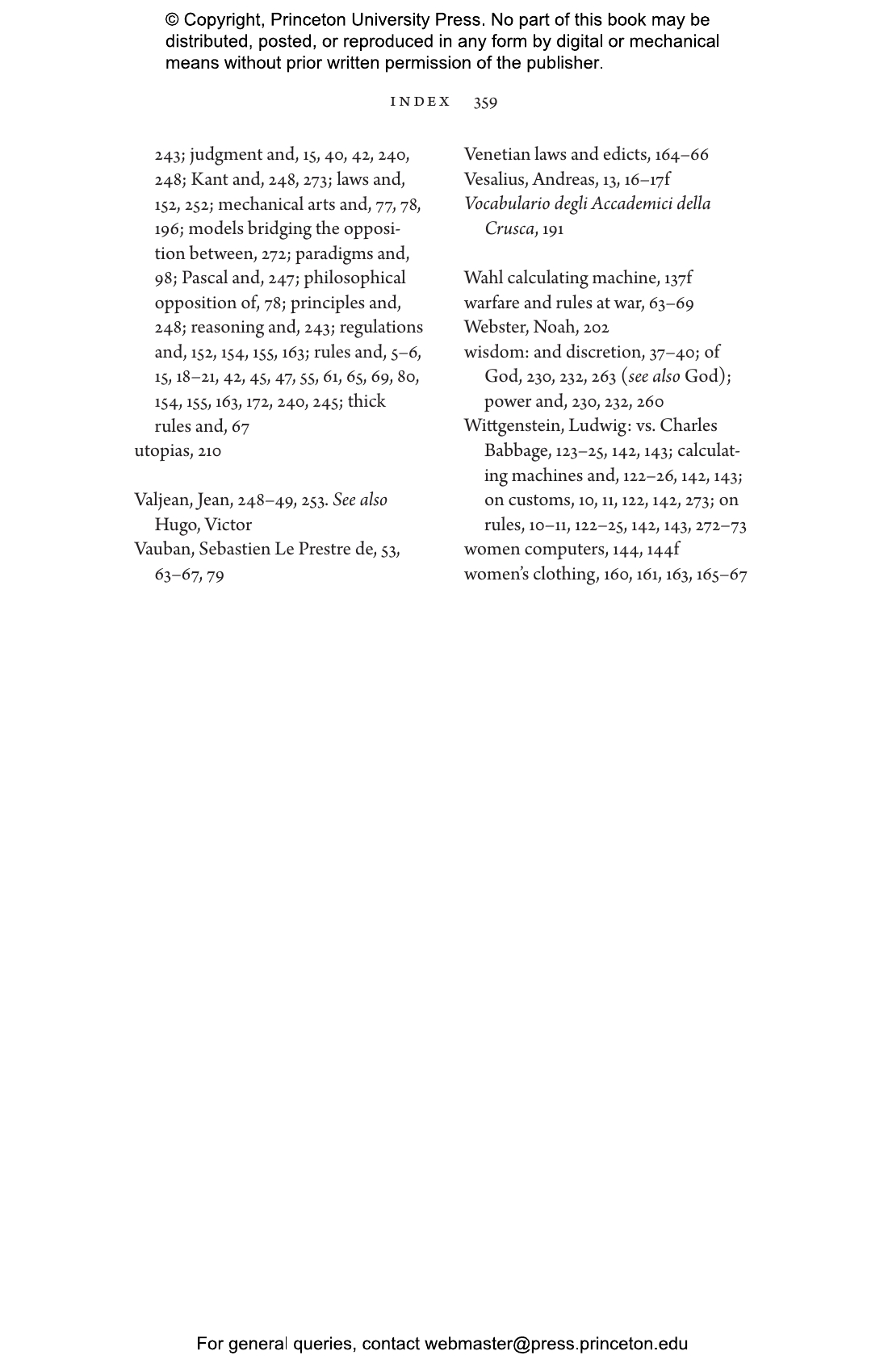Rules order almost every aspect of our lives. They set our work hours, dictate how we drive and set the table, tell us whether to offer an extended hand or cheek in greeting, and organize the rites of life, from birth through death. We may chafe under the rules we have, and yearn for ones we don’t, yet no culture could do without them. In Rules, historian Lorraine Daston traces their development in the Western tradition and shows how rules have evolved from ancient to modern times. Drawing on a rich trove of examples, including legal treatises, cookbooks, military manuals, traffic regulations, and game handbooks, Daston demonstrates that while the content of rules is dazzlingly diverse, the forms that they take are surprisingly few and long-lived.
Daston uncovers three enduring kinds of rules: the algorithms that calculate and measure, the laws that govern, and the models that teach. She vividly illustrates how rules can change—how supple rules stiffen, or vice versa, and how once bothersome regulations become everyday norms. Rules have been devised for almost every imaginable activity and range from meticulous regulations to the laws of nature. Daston probes beneath this variety to investigate when rules work and when they don’t, and why some philosophical problems about rules are as ancient as philosophy itself while others are as modern as calculating machines.
Rules offers a wide-angle view on the history of the constraints that guide us—whether we know it or not.
Awards and Recognition
- A Chronicle of Higher Education's Best Scholarly Book of the Year
- A Seminary Co-Op Notable Book of the Year
- Winner of the PROSE Award in History of Science, Medicine, and Technology, Association of American Publishers
"Fascinating. . . . [Daston] writes with a twinkling wit."—Timothy Farrington, Wall Street Journal
"In considering a series of historic anecdotes and texts, Daston helps us see rules (and their neighbors, such as laws and regulations) through the concepts of thickness and thinness, paradigms and algorithms, failures (it was nearly impossible to get eighteenth-century Parisians to stop playing ball in the streets), and states of exception. . . .By the end of Daston’s book, one feels a sense of clarity about how to think about rules, alongside a gentle sense of despair concerning what kinds of rules to hope for."—Rivka Galchen, The New Yorker
"Wonderful and wildly ambitious. . . . For those of us who adore the deep and transformative history of concepts, [Rules] is a pure dopamine rush. I read it with jaw dropped and mind racing."—C. Thi Nguyen, Chronicle of Higher Education
"[Daston writes] witty, wide-ranging and well-researched inquiries into the picaresque careers of such notions as ‘reality,’ ‘nature,’ ‘rationality,’ ‘objectivity’ and ‘order,’ and in her latest book she brings her wry historical intelligence to bear on the capacious concept of ‘rules.’ The delights of her scholarship are on full display."—Jonathan Rée, Times Literary Supplement
"Reading Rules is an occasion for awe and delight in the fact that we are part of the same academic guild, if not discipline, as Lorraine Daston."—Sue Curry Jansen, International Journal of Communication
"A timely release that will satisfy the mathematically curious, who hunger to know how algorithms actually work, as well anyone who loves debating policy."—Library Journal
"Rules is ultimately one of the best written, most profound, and most far-reaching works of intellectual history that I have ever read."—Ernest Davis, SIAM News
"Fascinating and highly readable. . . .This book is a real tour de force of erudition and analysis with richly revealing examples."—David Lorimer, Paradigm Explorer
"The book is an exemplary intellectual history: a rangy, quirky, lucid and profound discussion."—Colin Burrow, London Review of Books
“Ranging from sumptuary regulation to the laws of nature, traffic laws to the Benedictine rule, Daston shows time and again how the apparently contradictory facets of rules meant to be broken and interpreted make our more familiar, rigid rules possible, powerful, and plausible—but exquisitely and dangerously fragile.”—Matthew Jones, author of Reckoning with Matter: Calculating Machines, Improvement, and Thinking about Thinking from Pascal to Babbage
“Rules is a masterpiece: clear as a tower of bells, incisively argued, beautifully written, and brilliantly witty. The subtitle is no exaggeration: Daston has actually given us a short history of what we live by. Readers will find illuminating surprises on nearly every page. I had only one criticism of this splendid book: I did not want it to end.”—Susan Neiman, author of Evil in Modern Thought: An Alternative History of Philosophy
“With richly detailed examples drawn from the vast sweep of centuries and a wide range of cultures and traditions, Lorraine Daston masterfully connects disparate ideas about rules, revealing an elegant order and making sound sense of profound philosophical problems that would otherwise remain intractable.”—Justin E. H. Smith, author of Irrationality: A History of the Dark Side of Reason
“From calculating and cooking to dressing, behaving, engineering, and governing, we all need and use rules. In this erudite and entertaining book, Lorraine Daston shows us how they work, how they don’t work, and above all why the world is too complex for most rules to be applicable without exception.”—Catherine Wilson, author of Epicureanism: A Very Short Introduction
